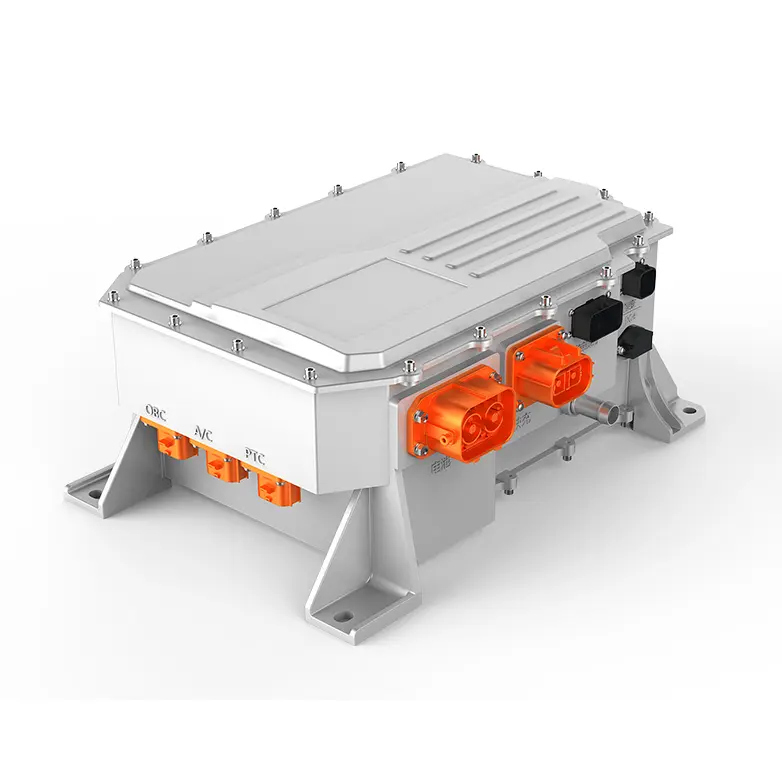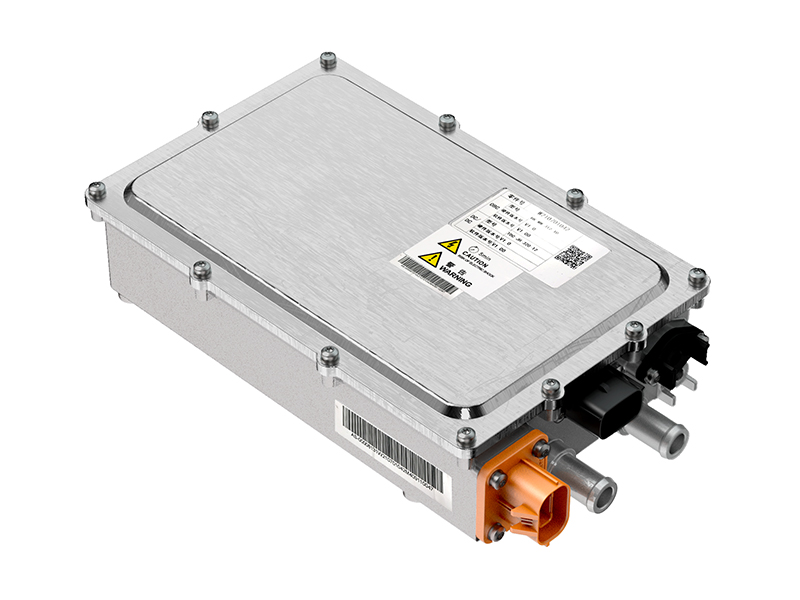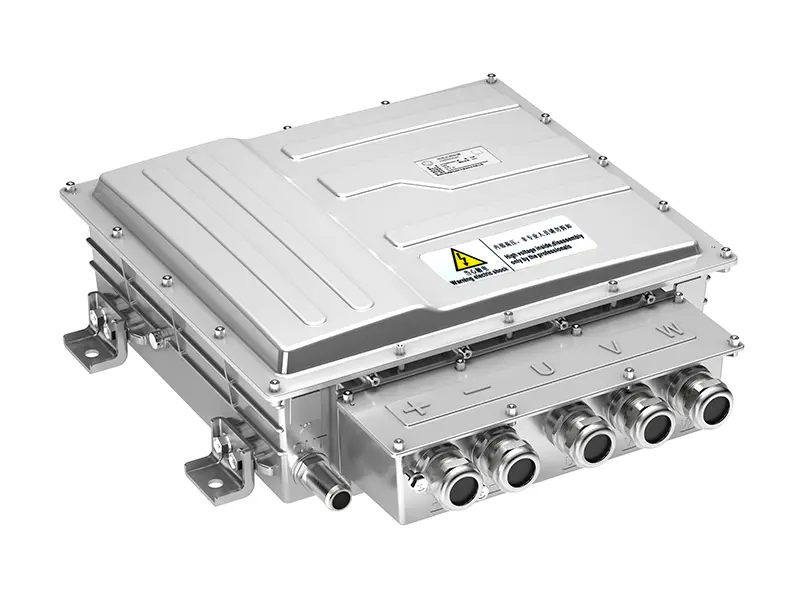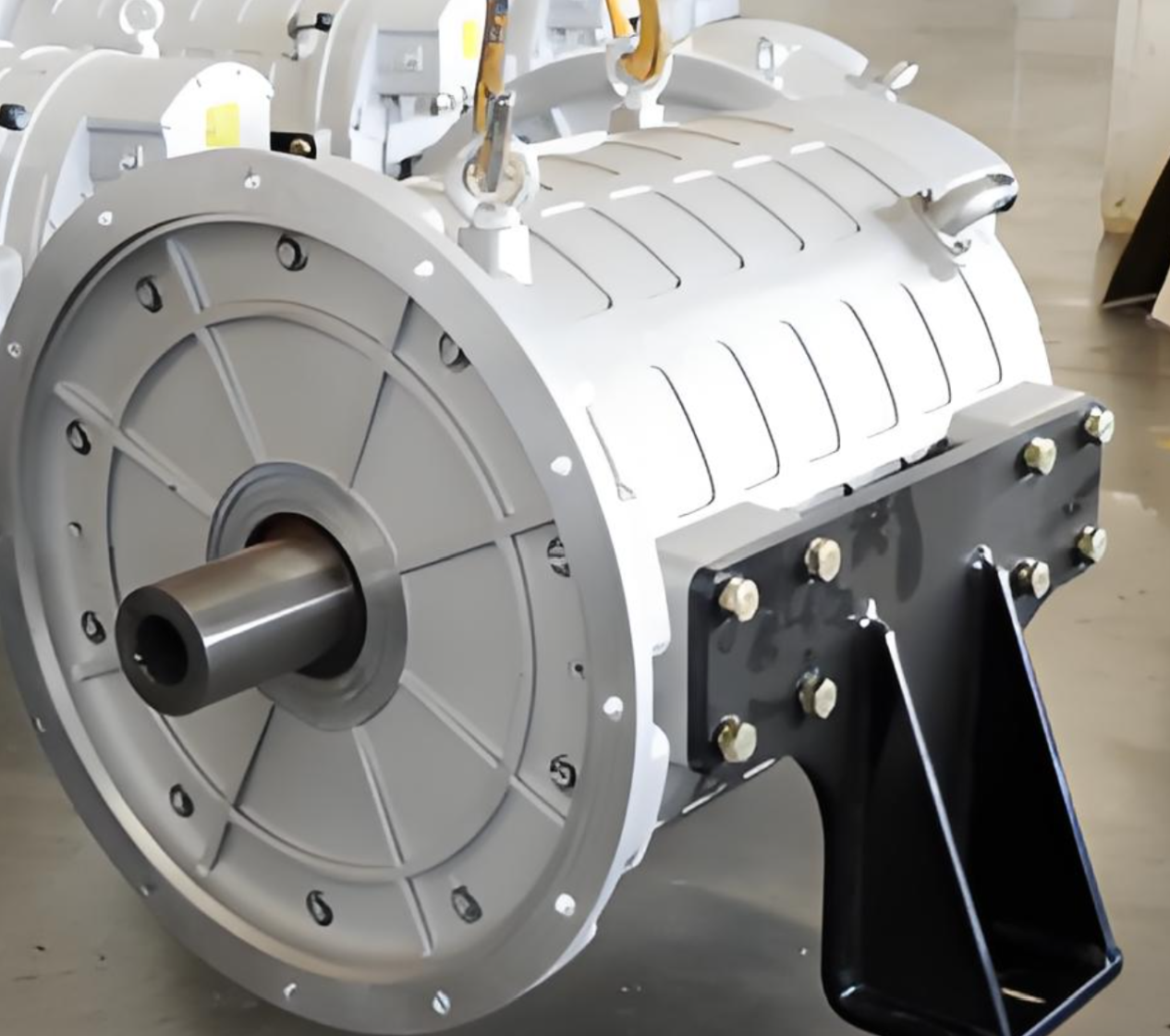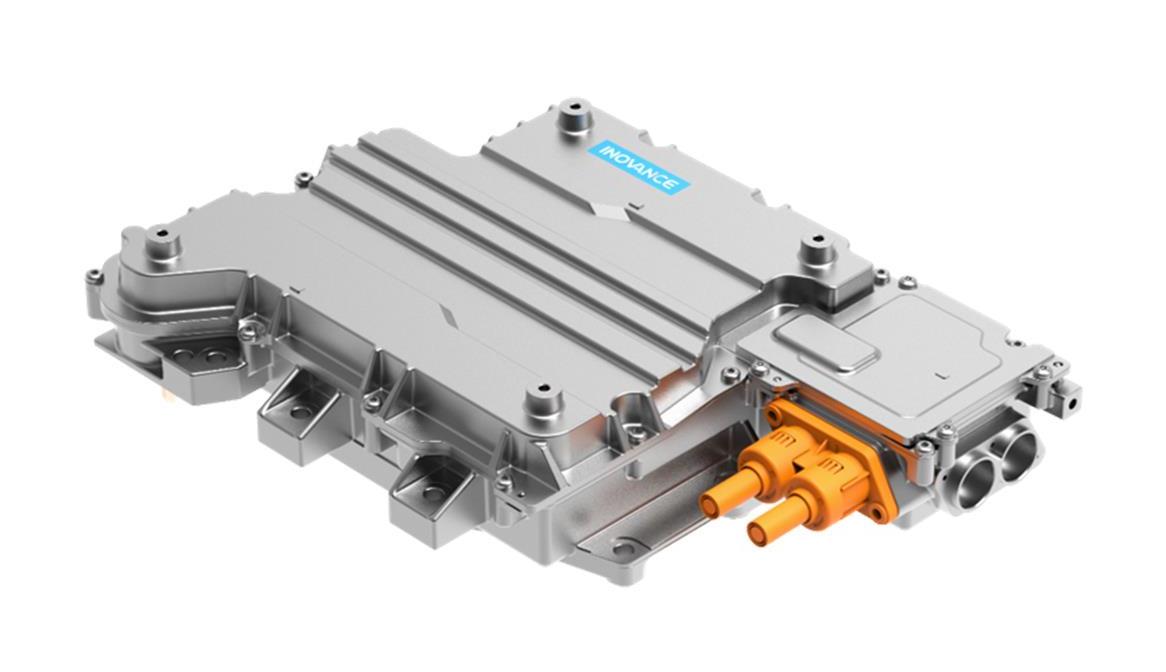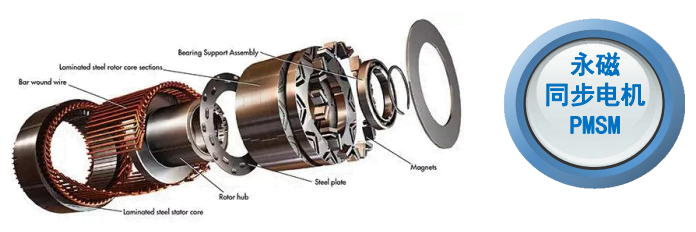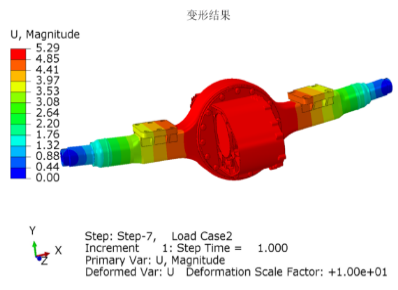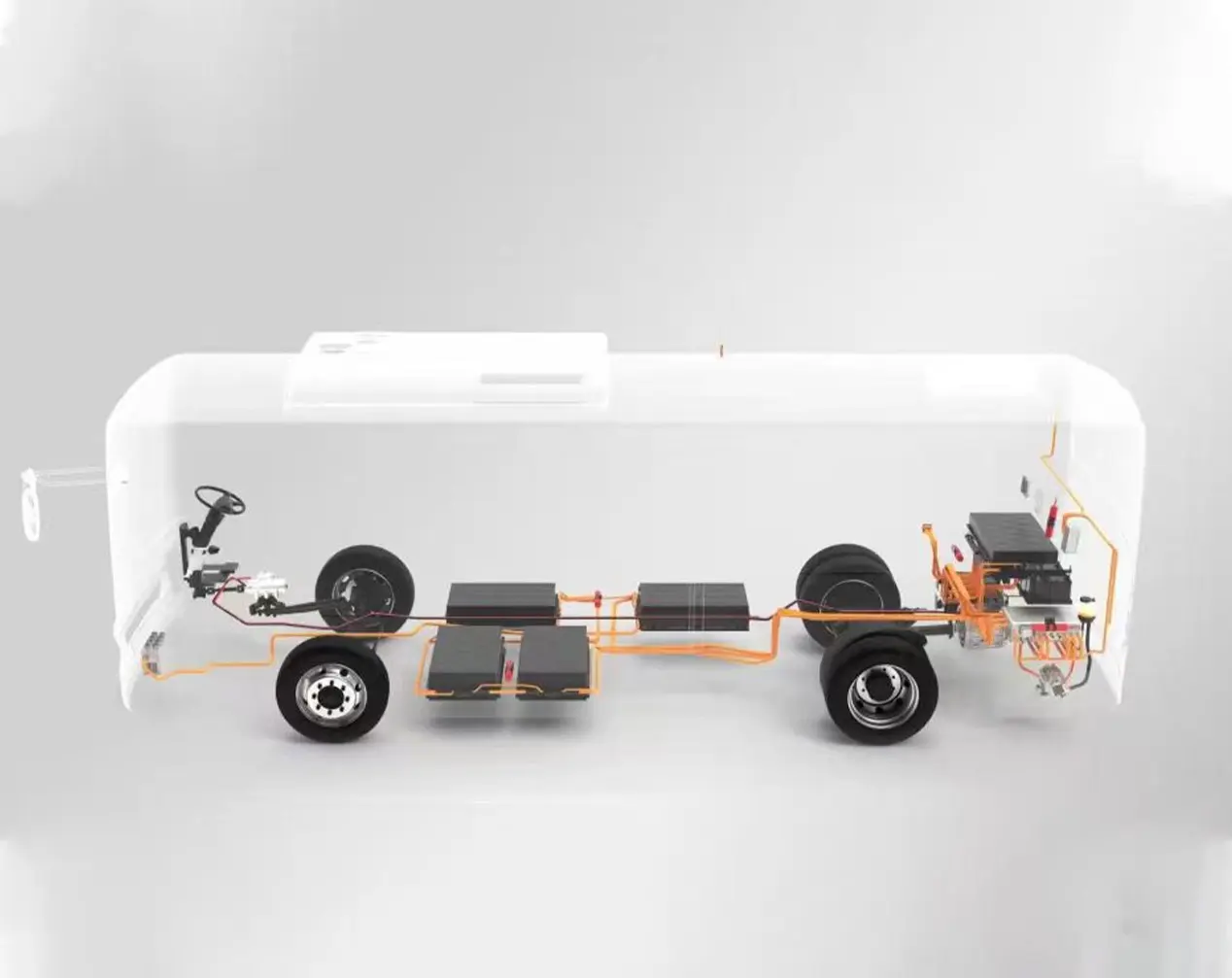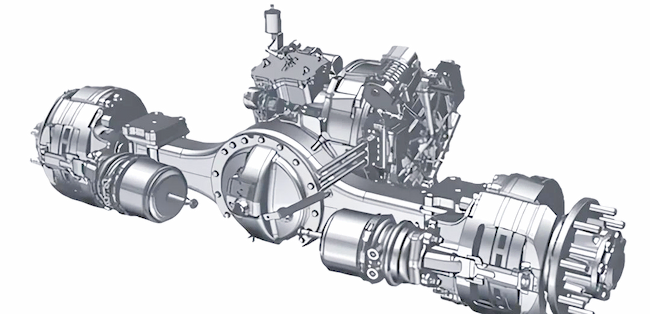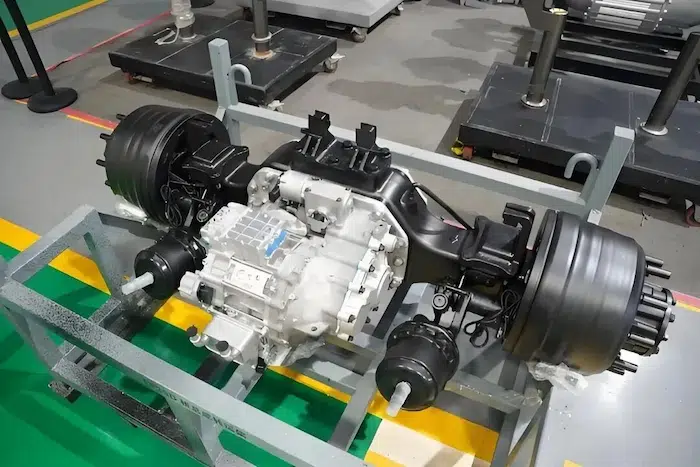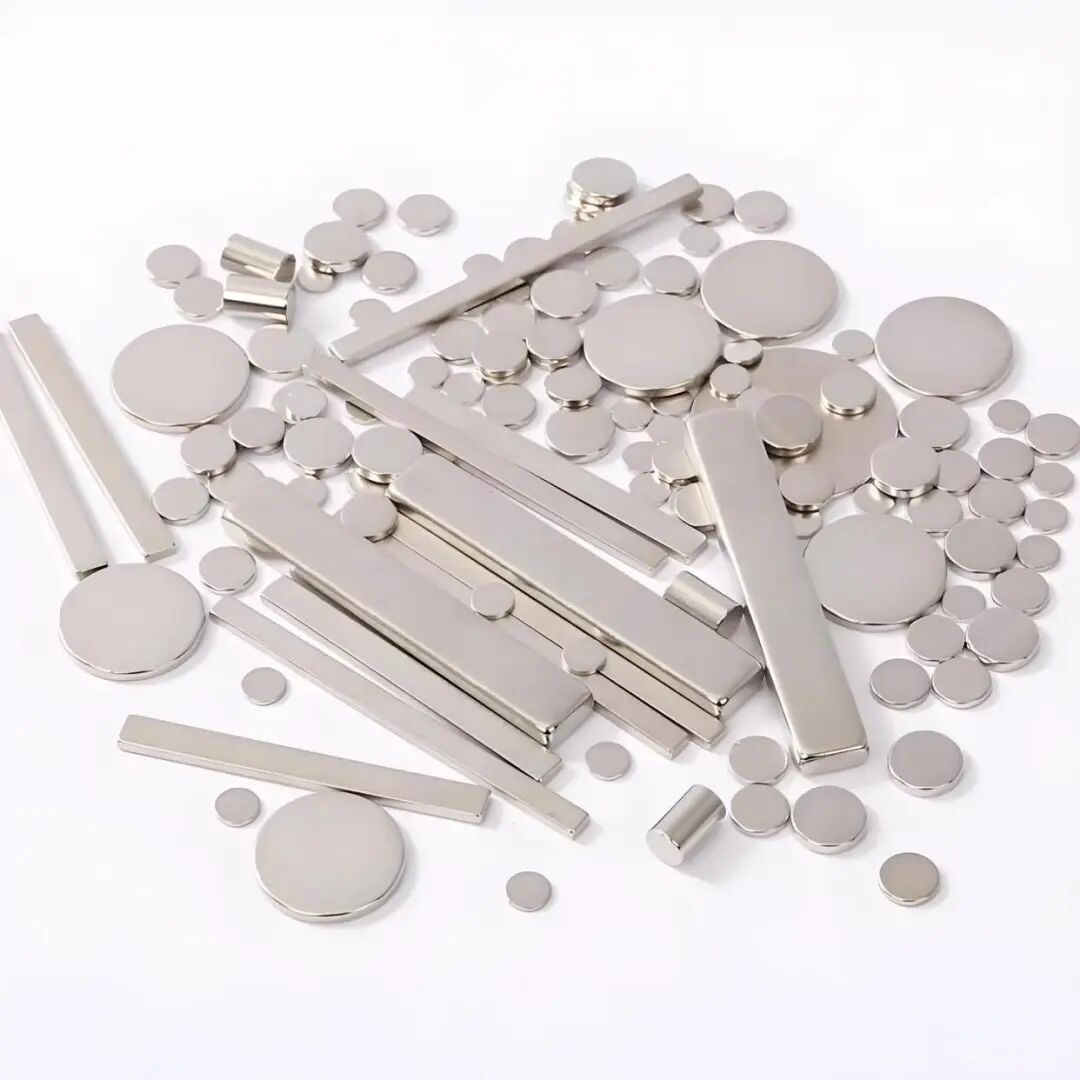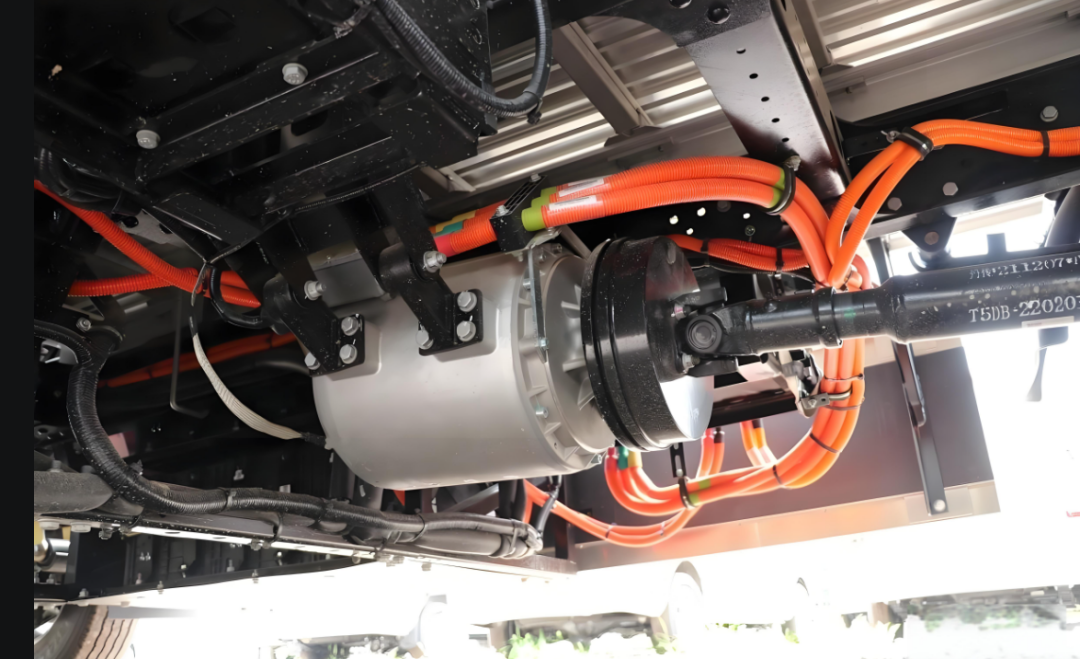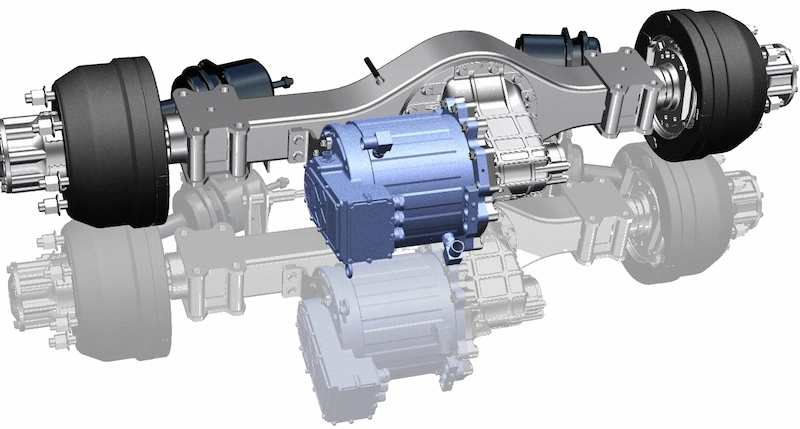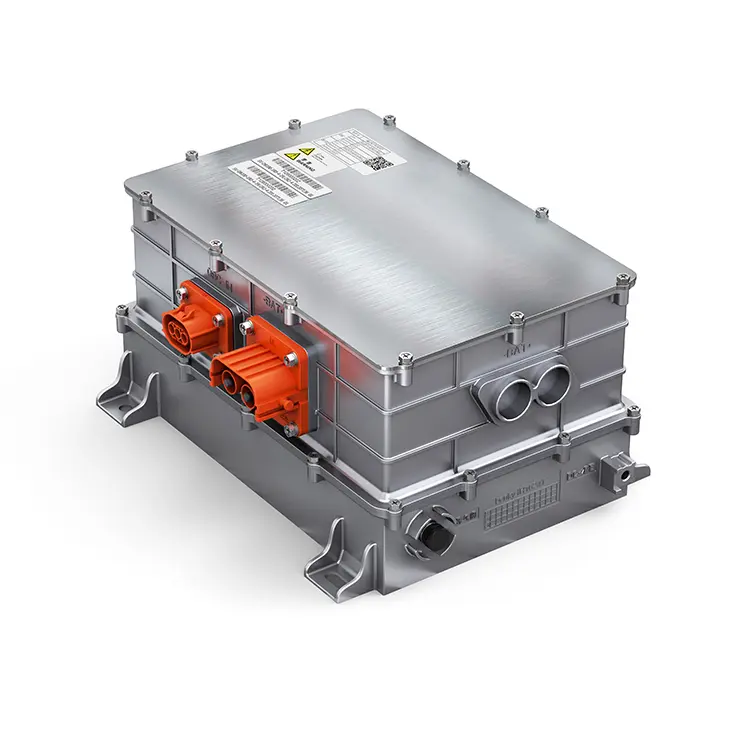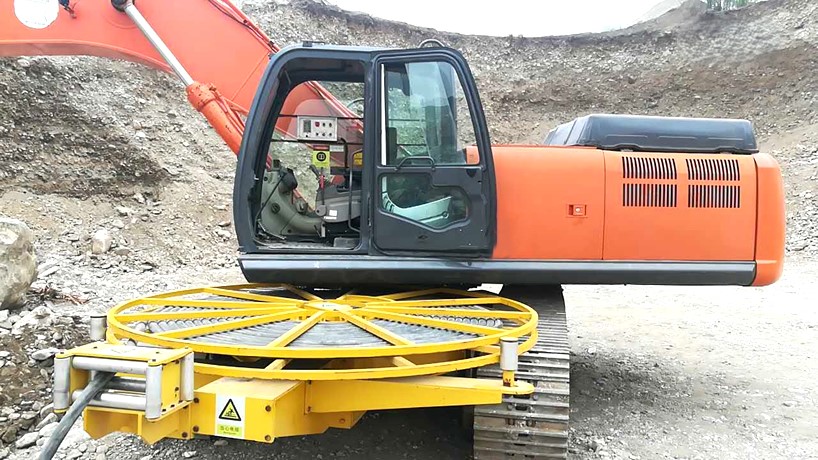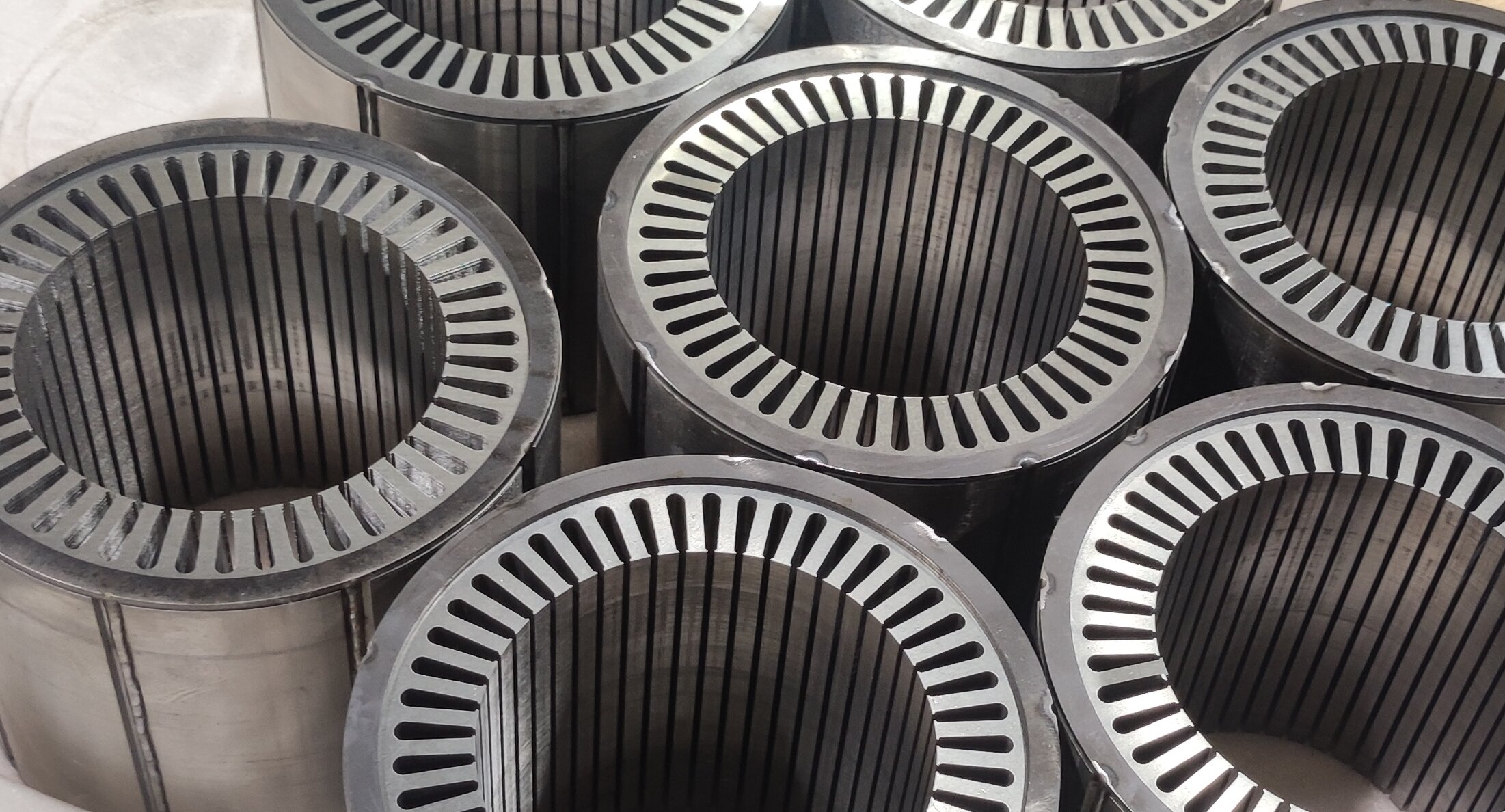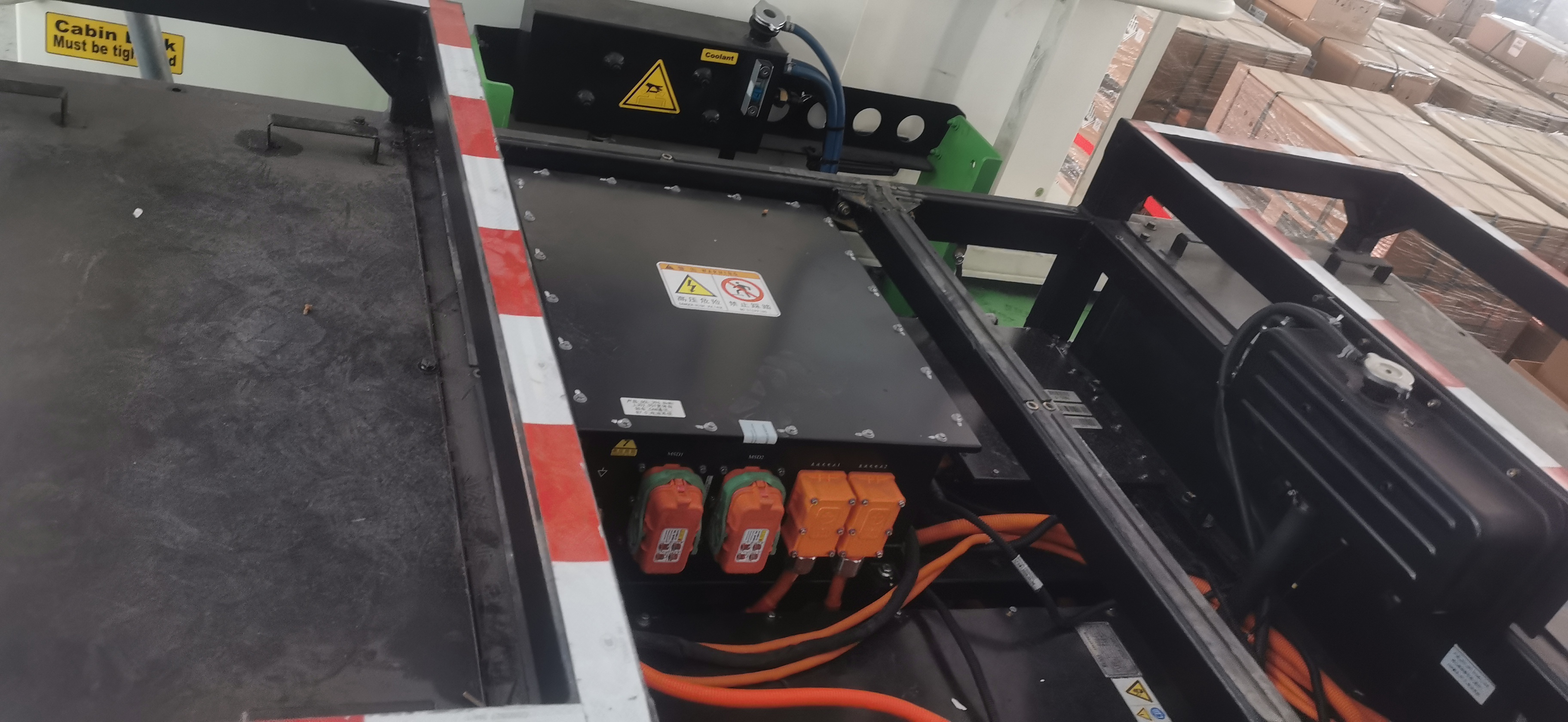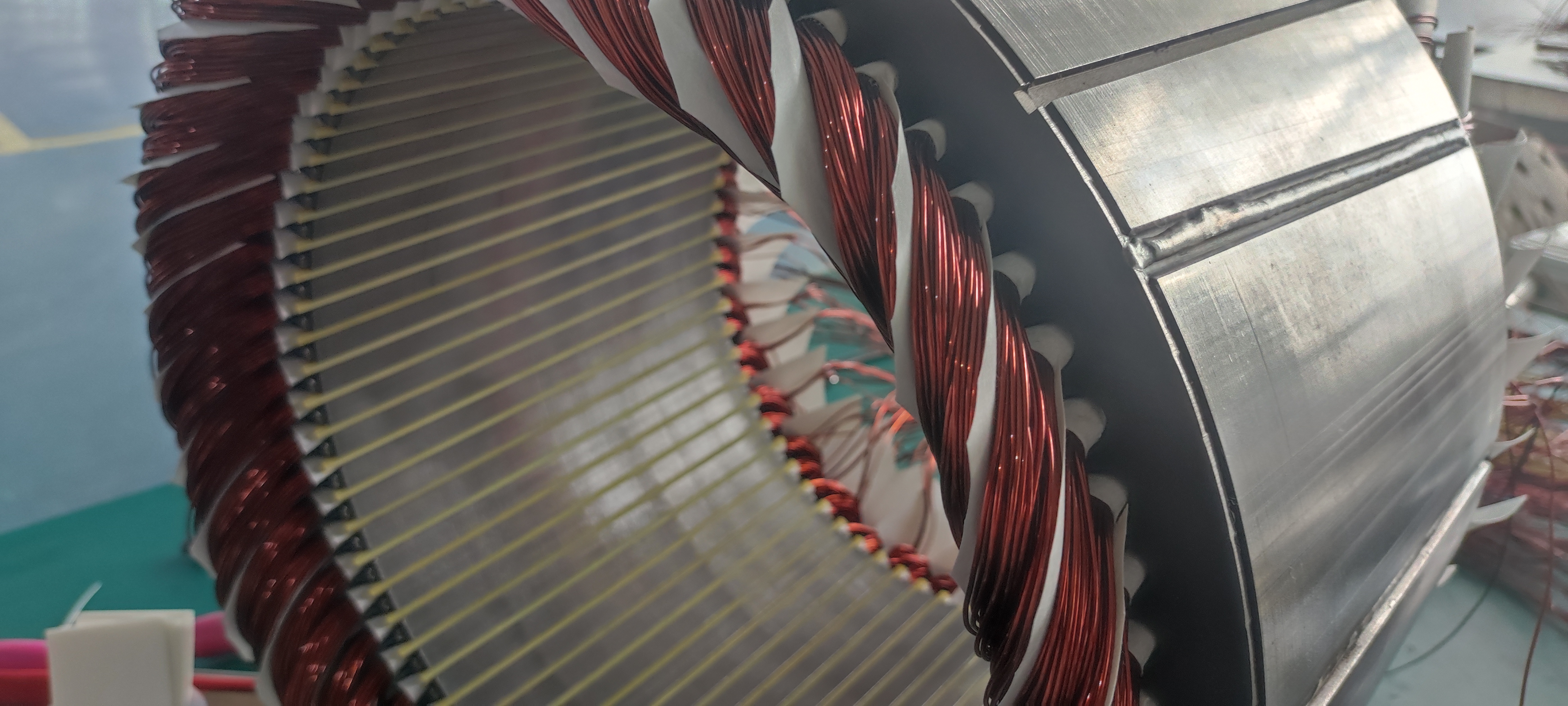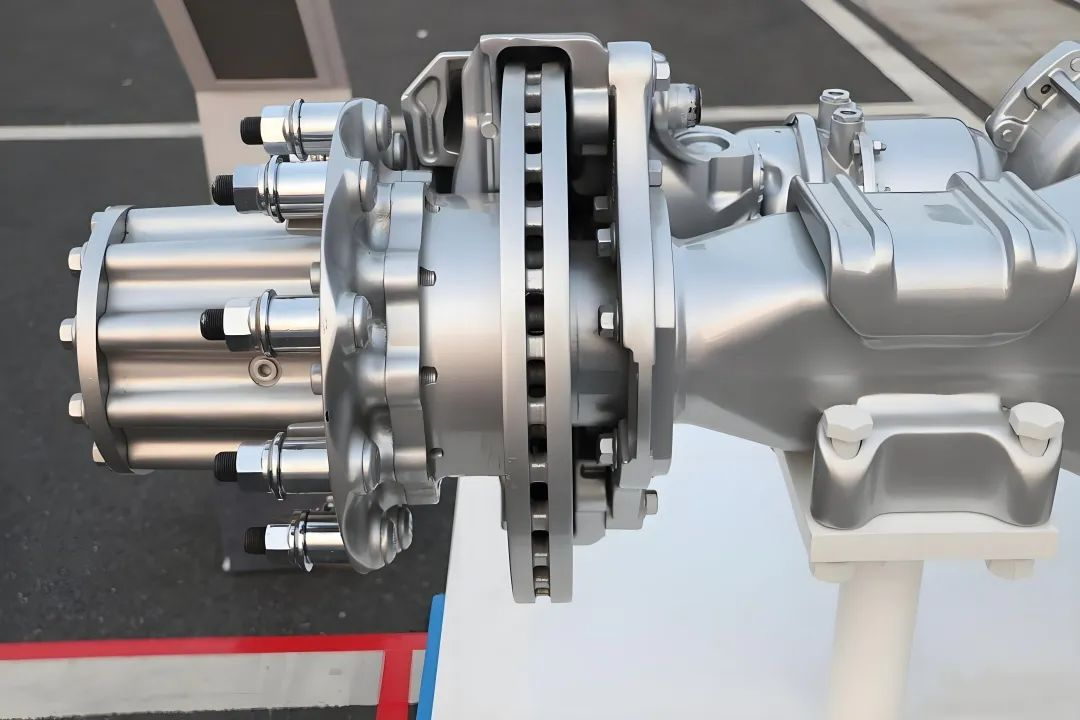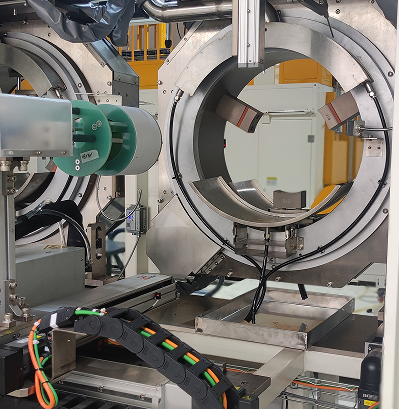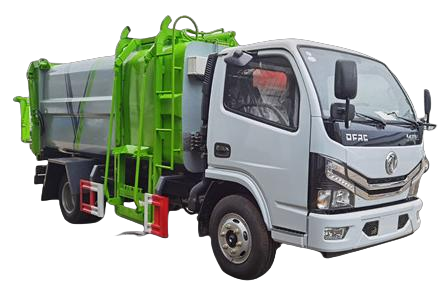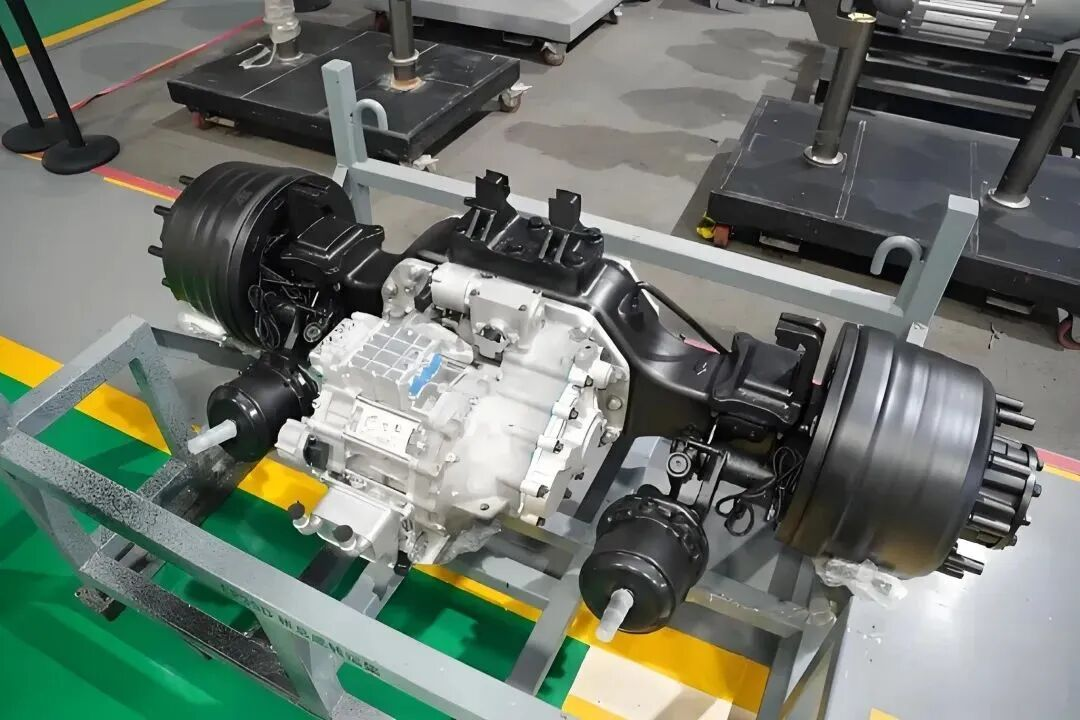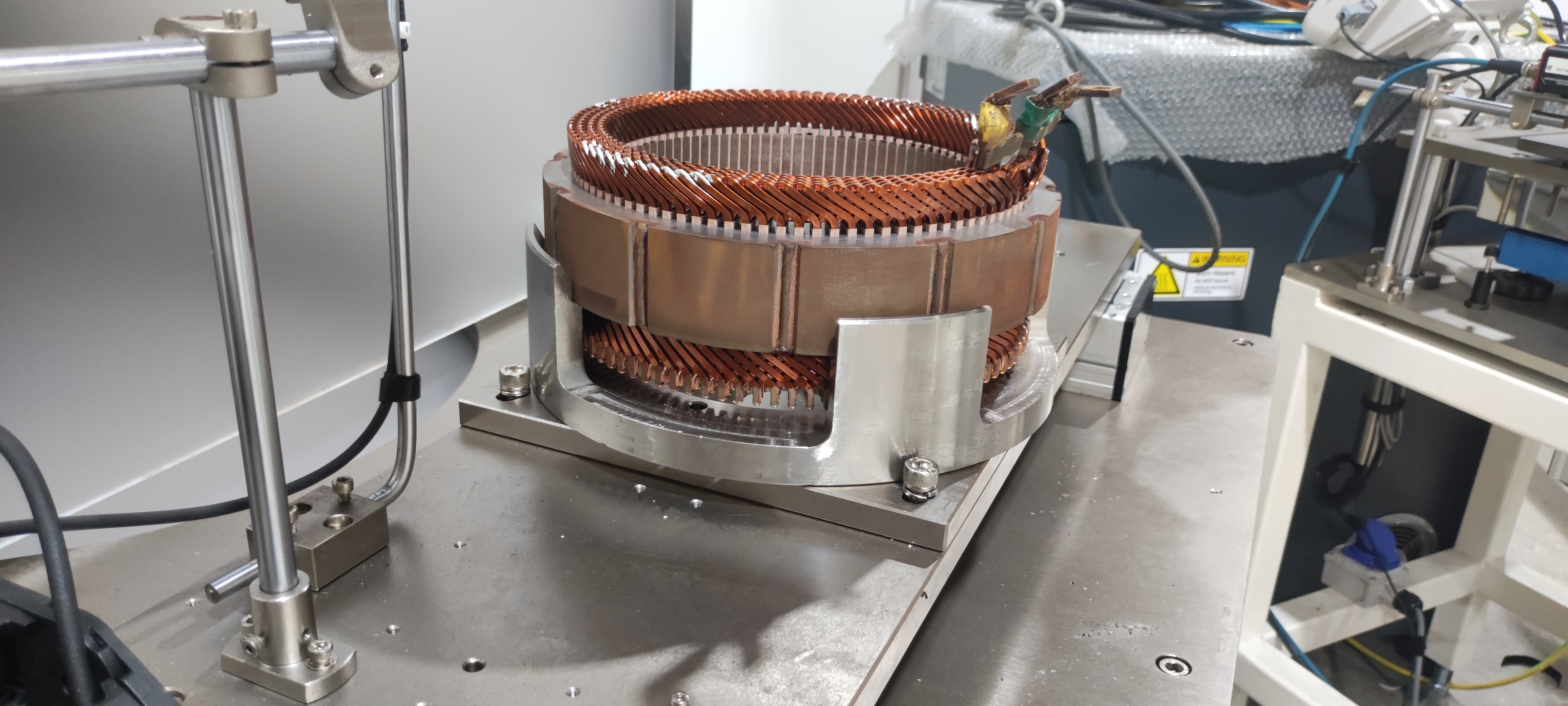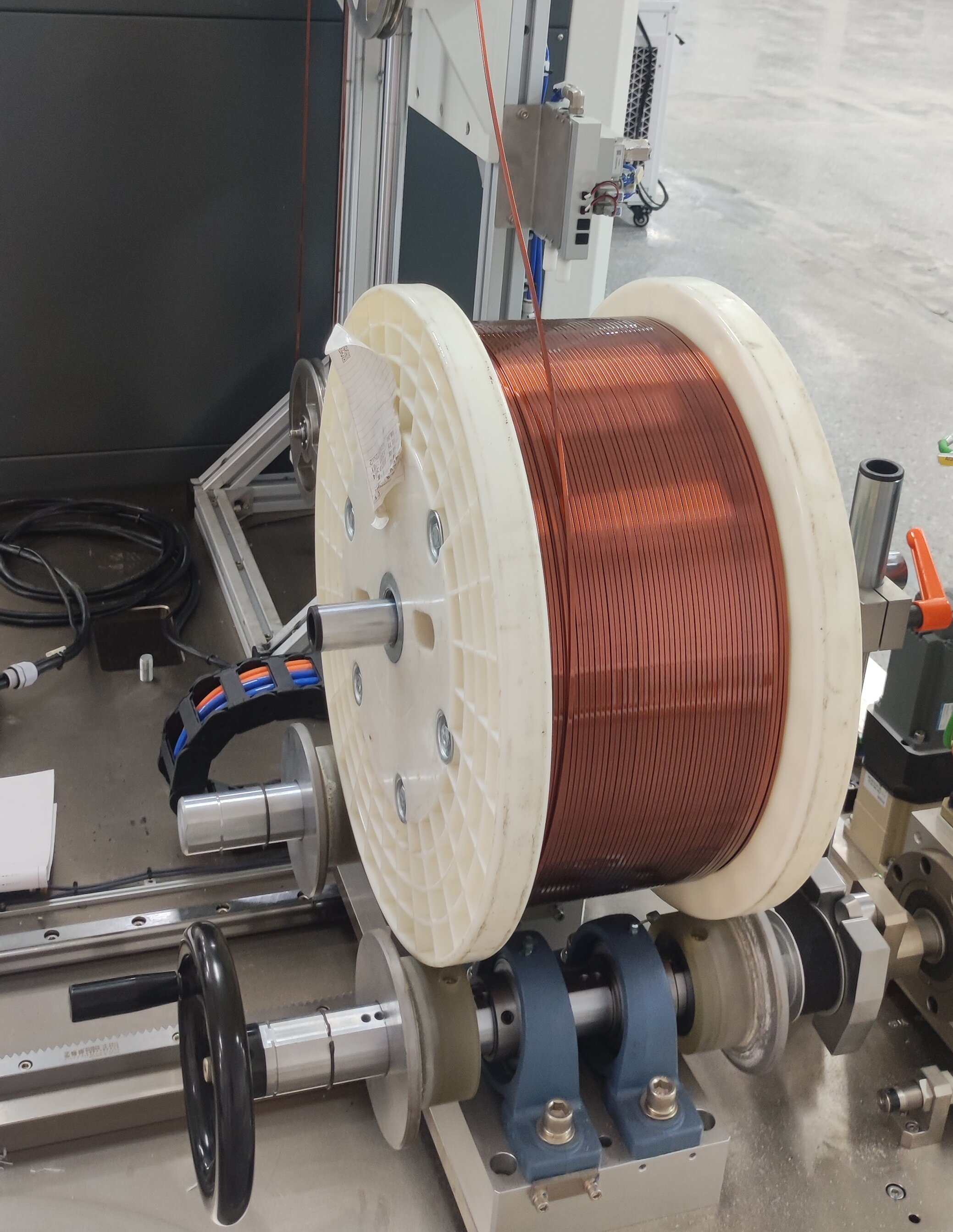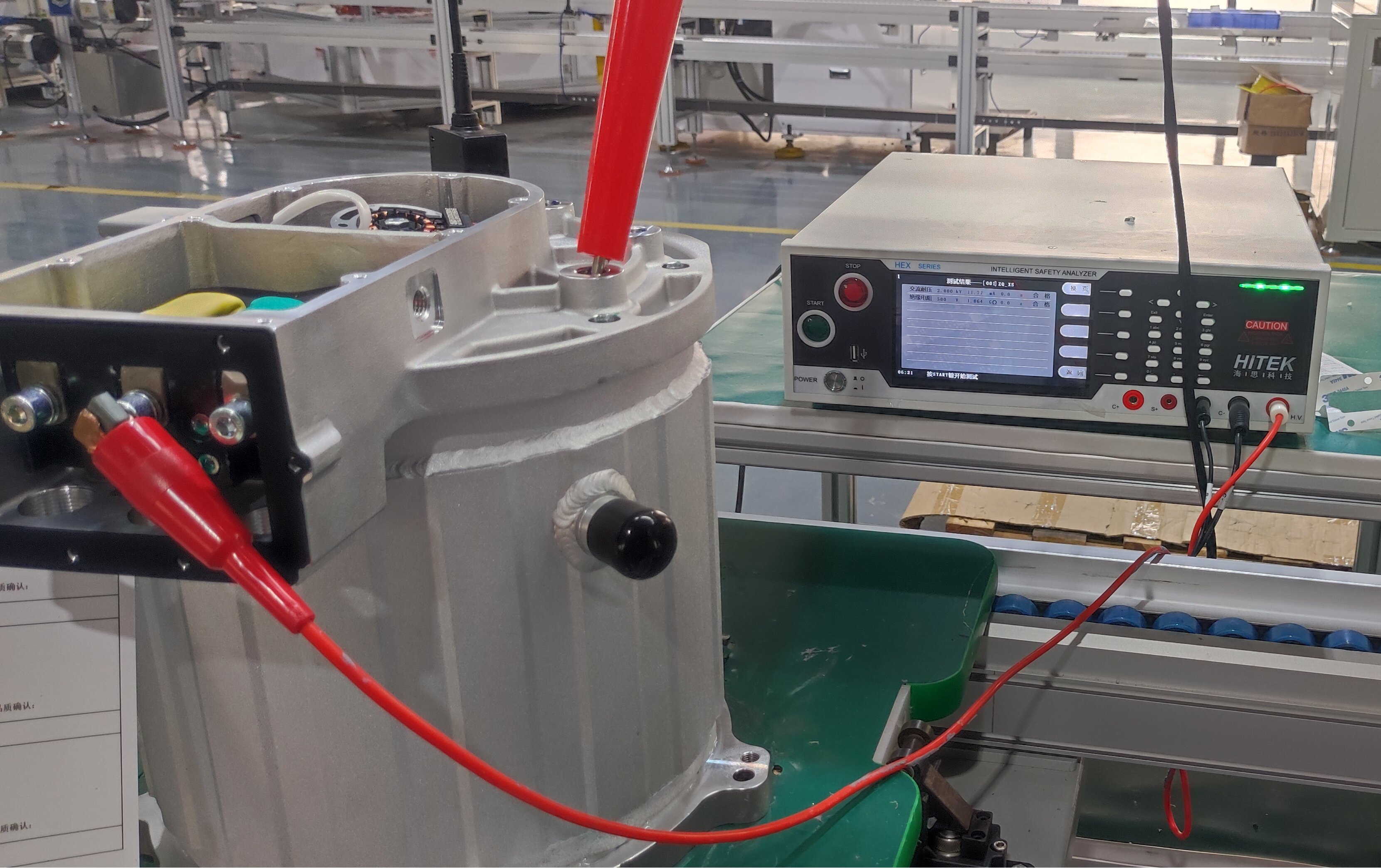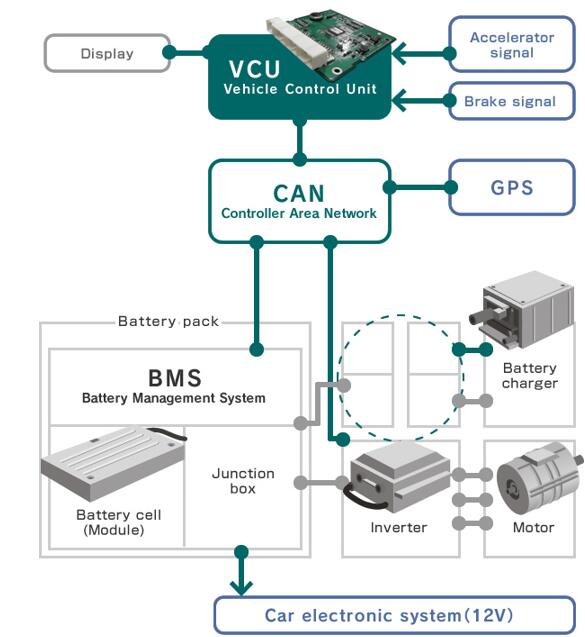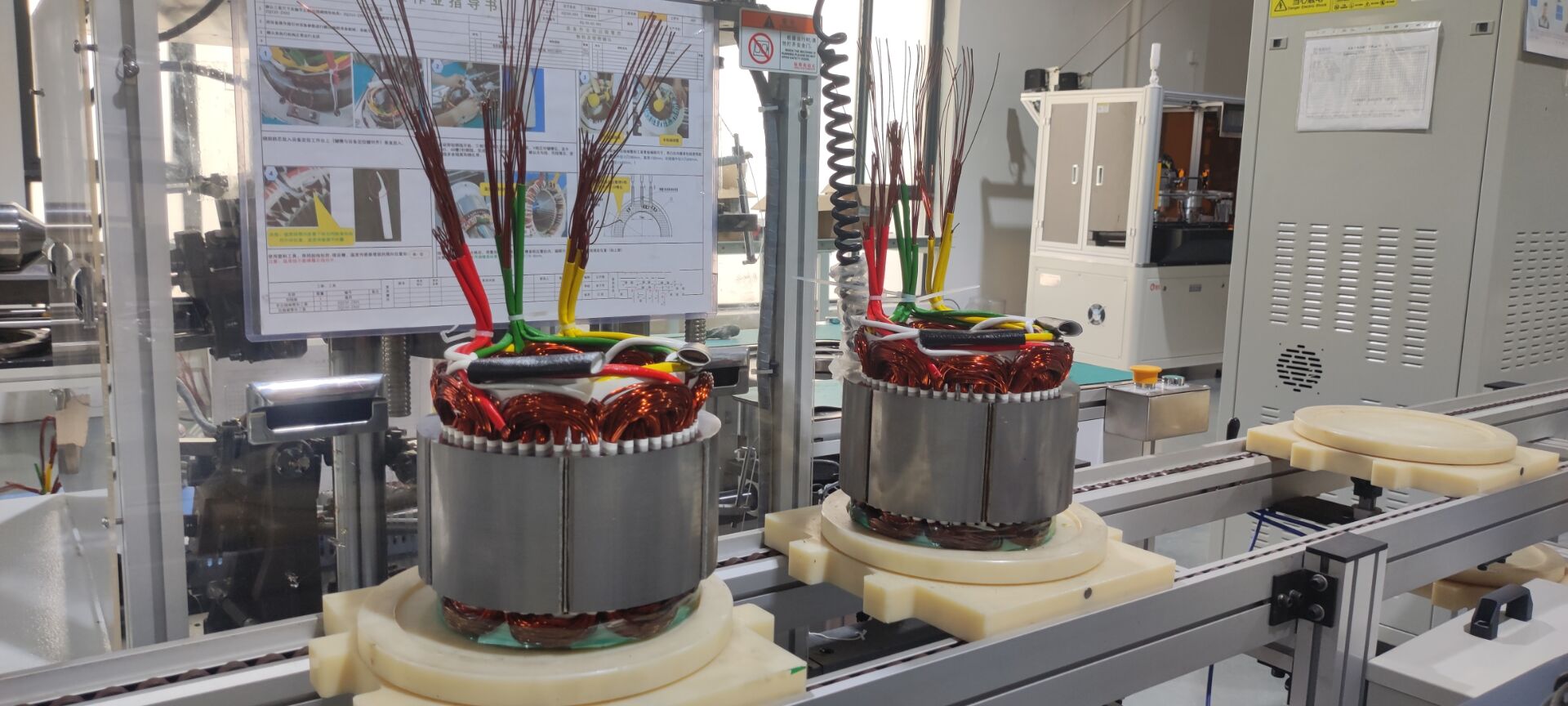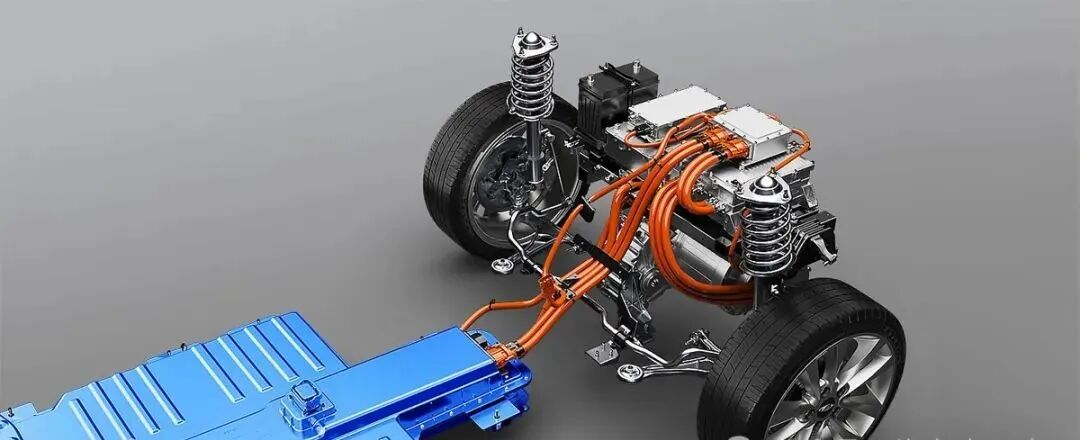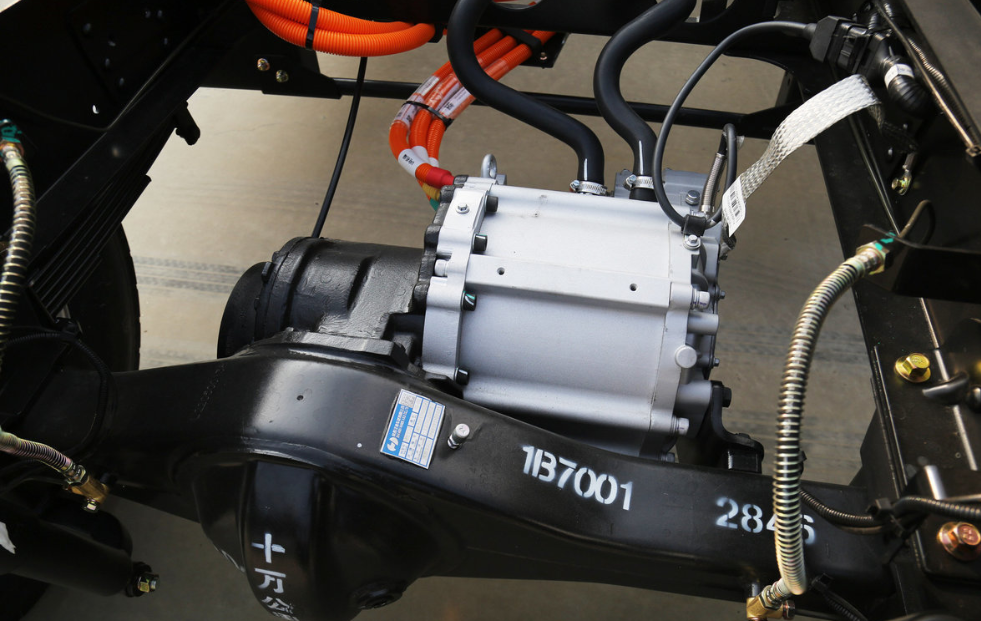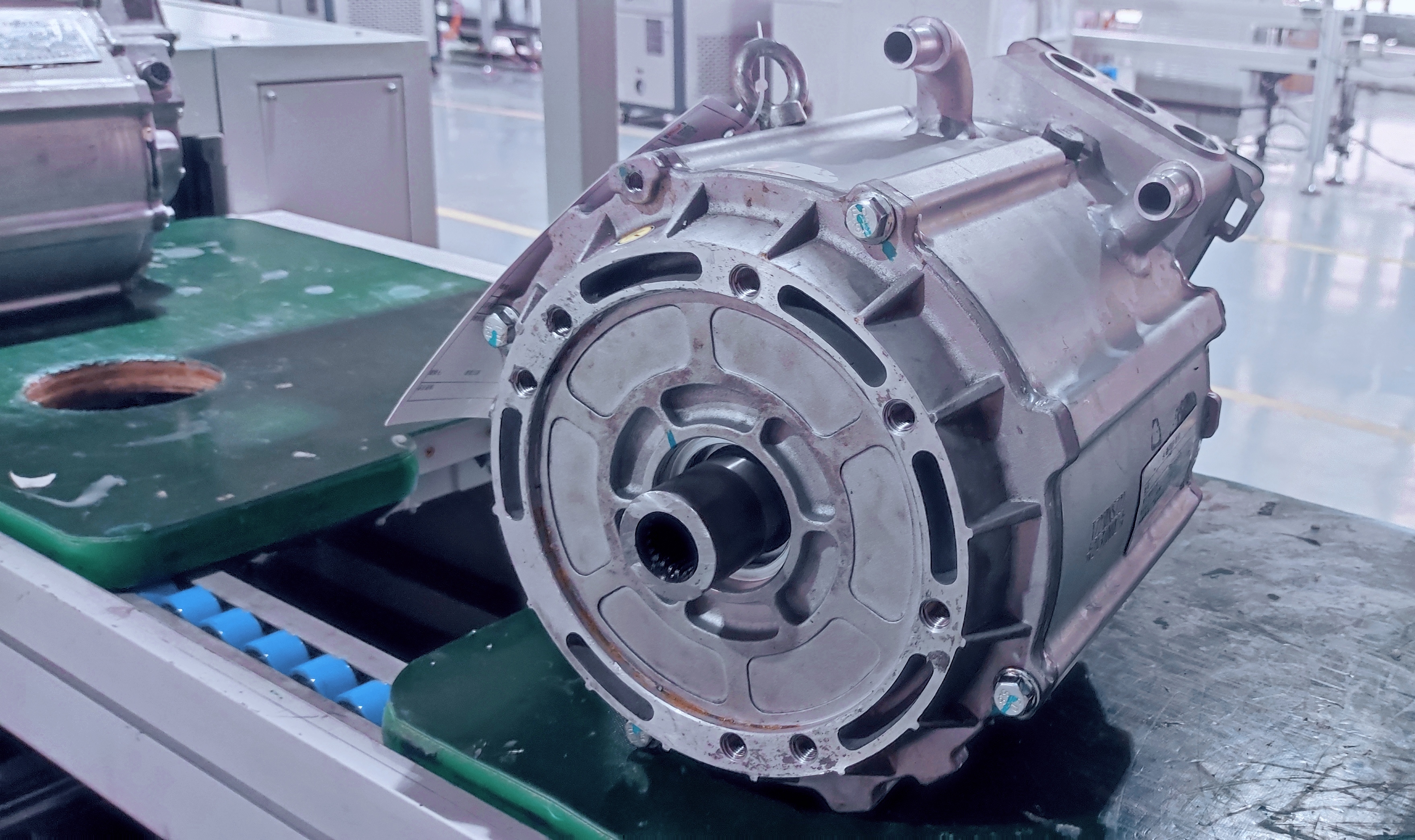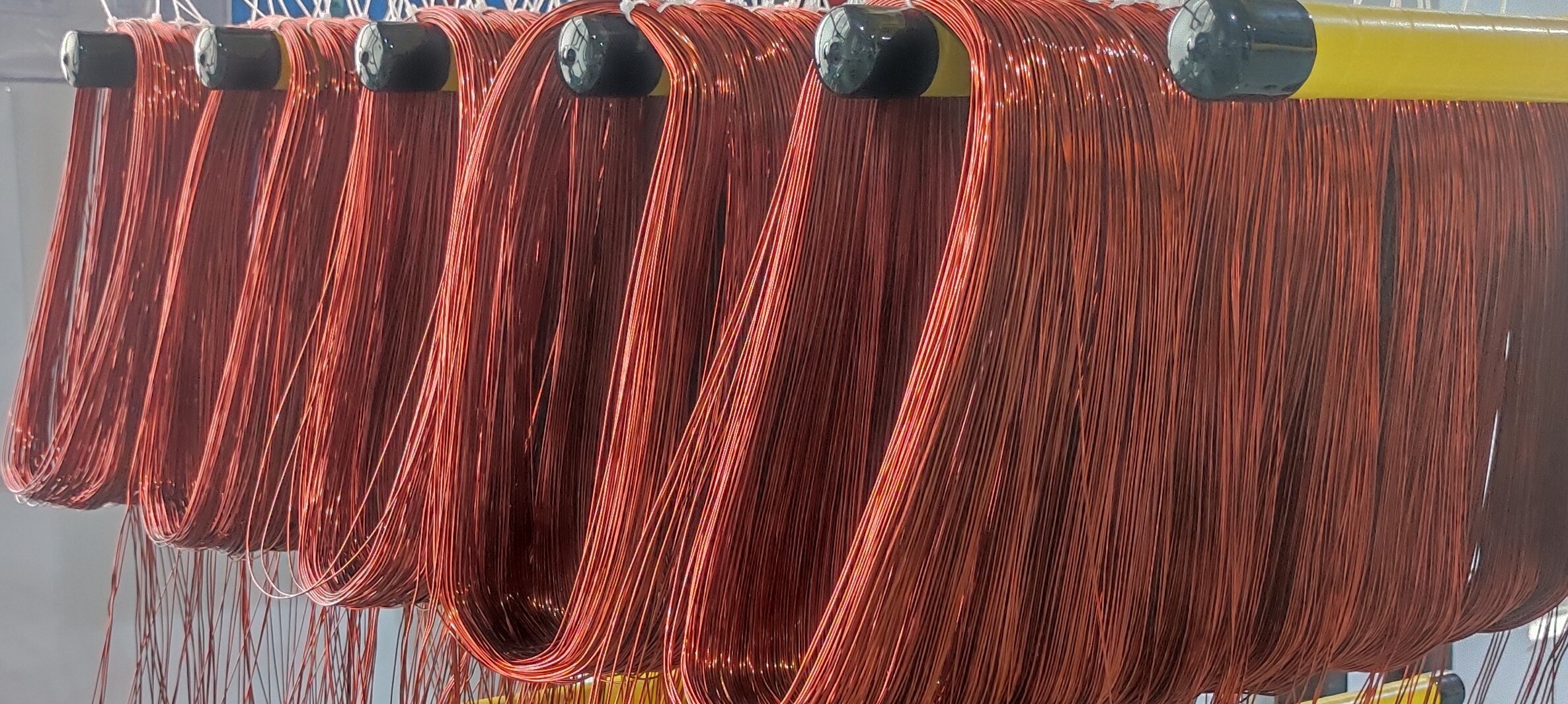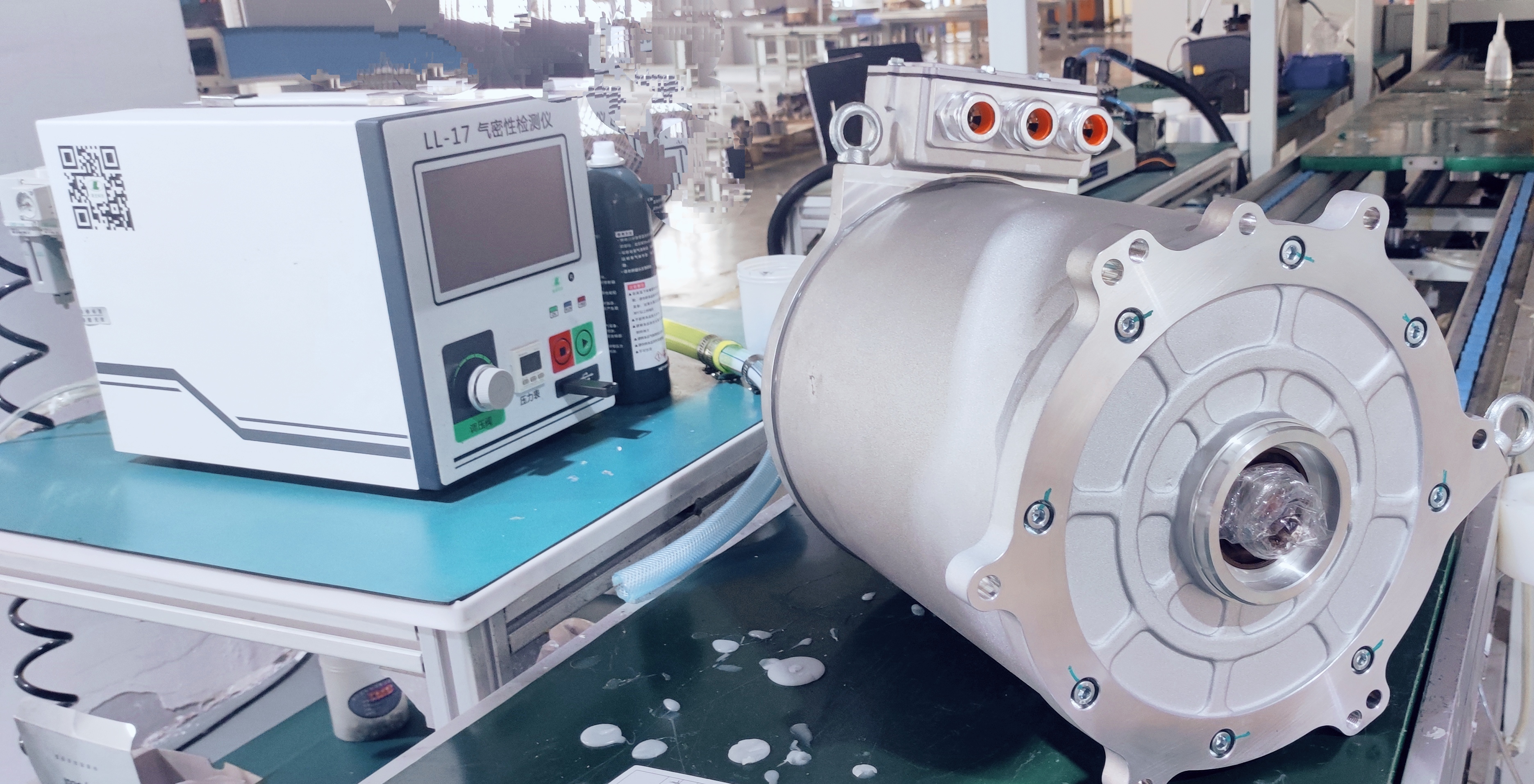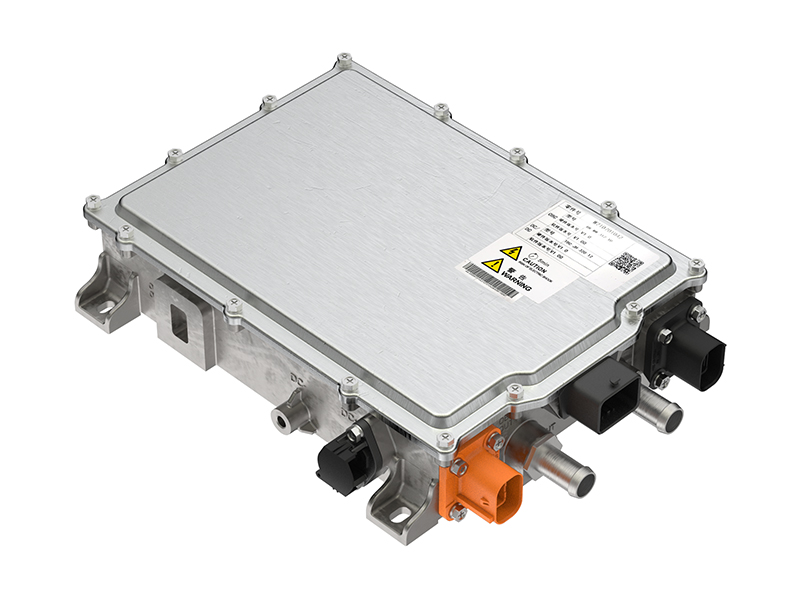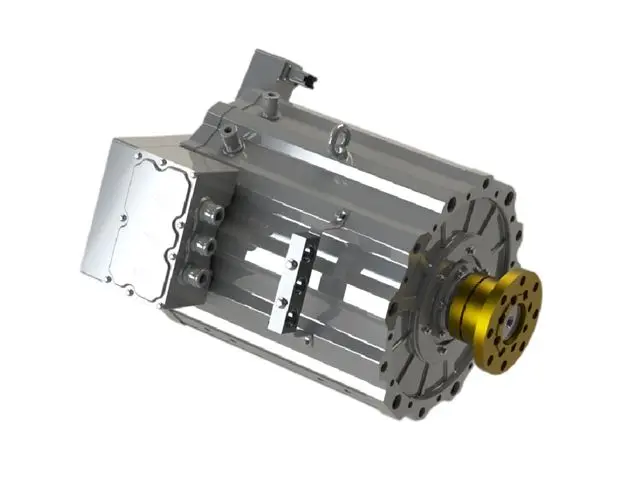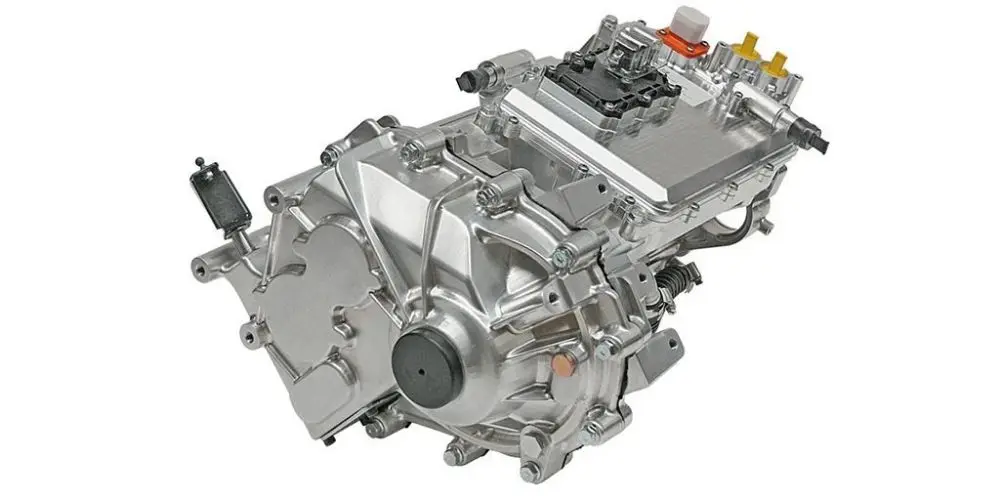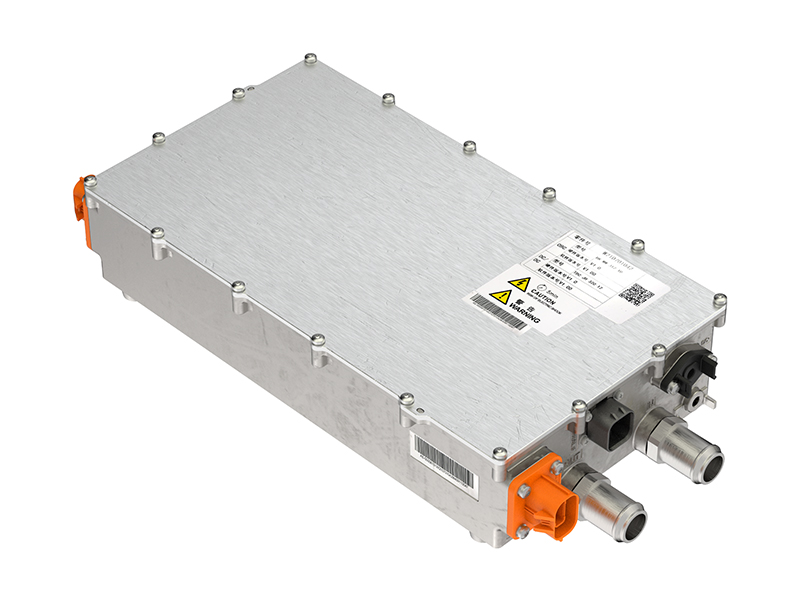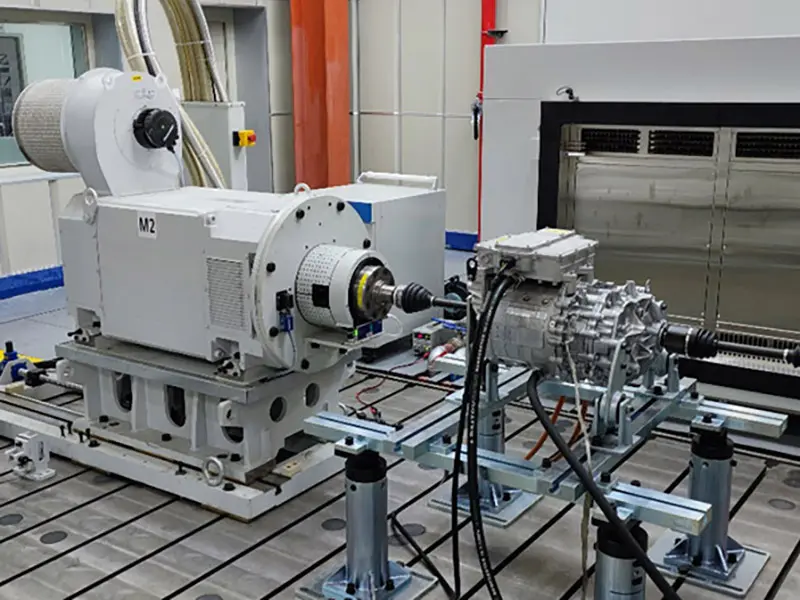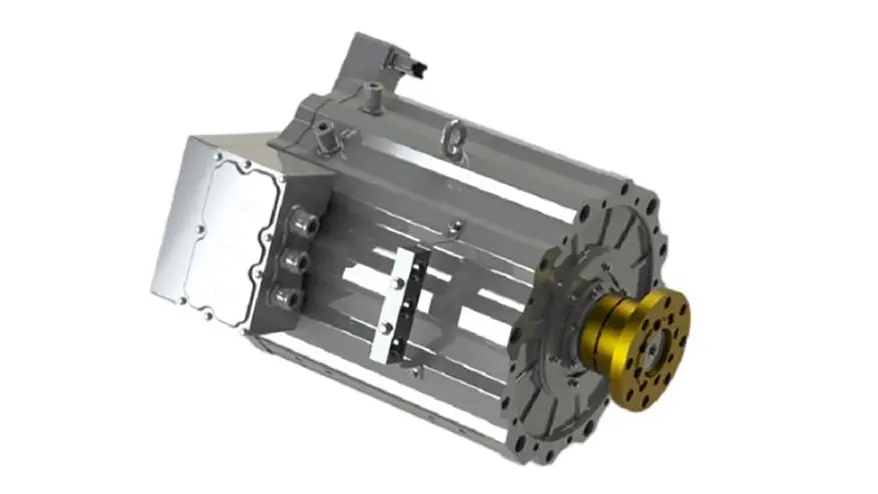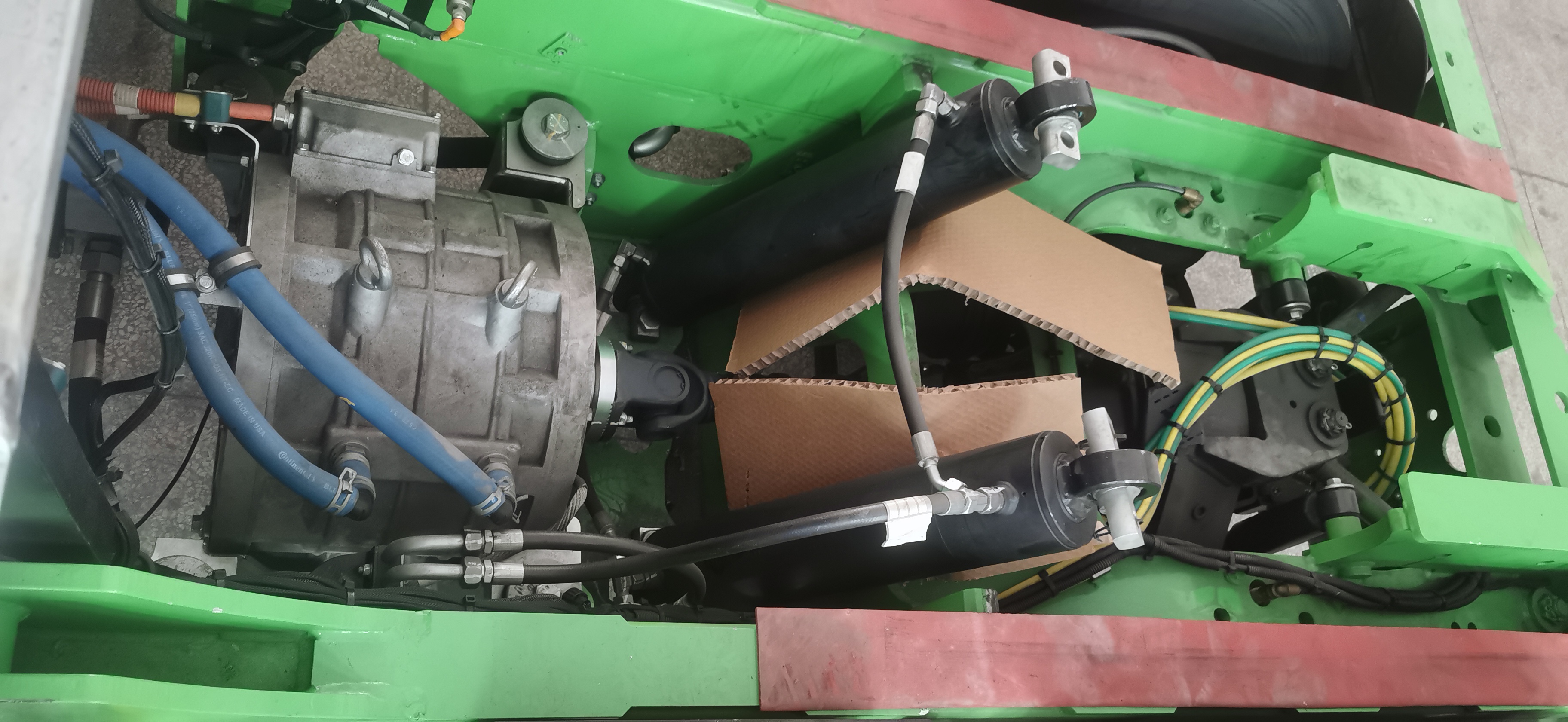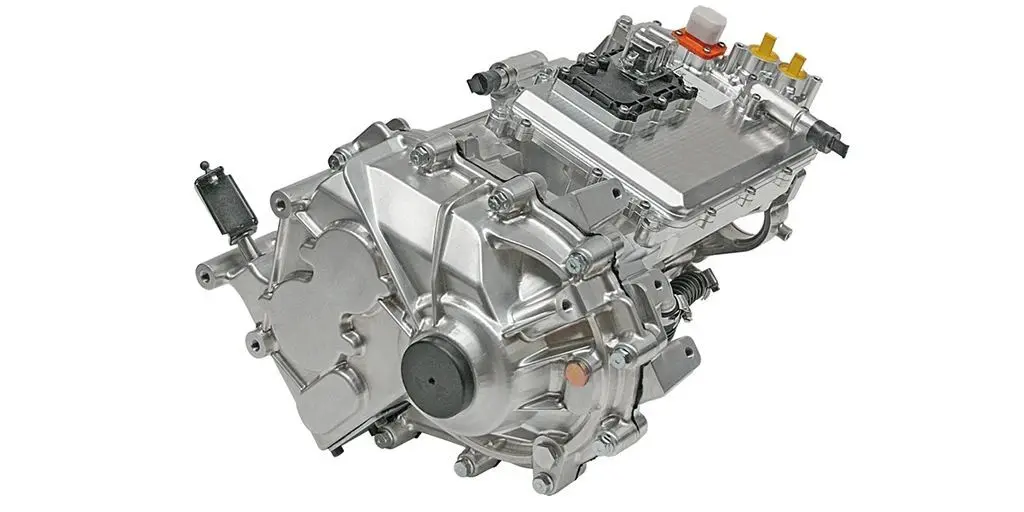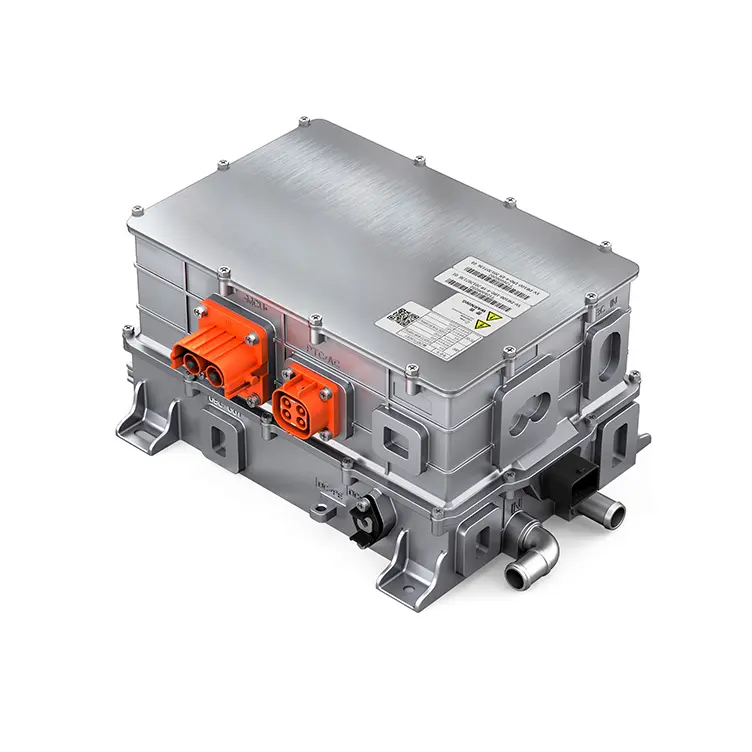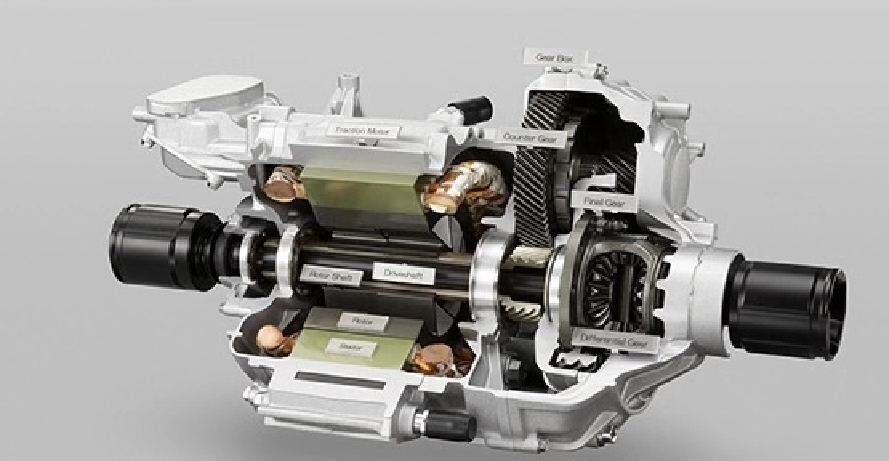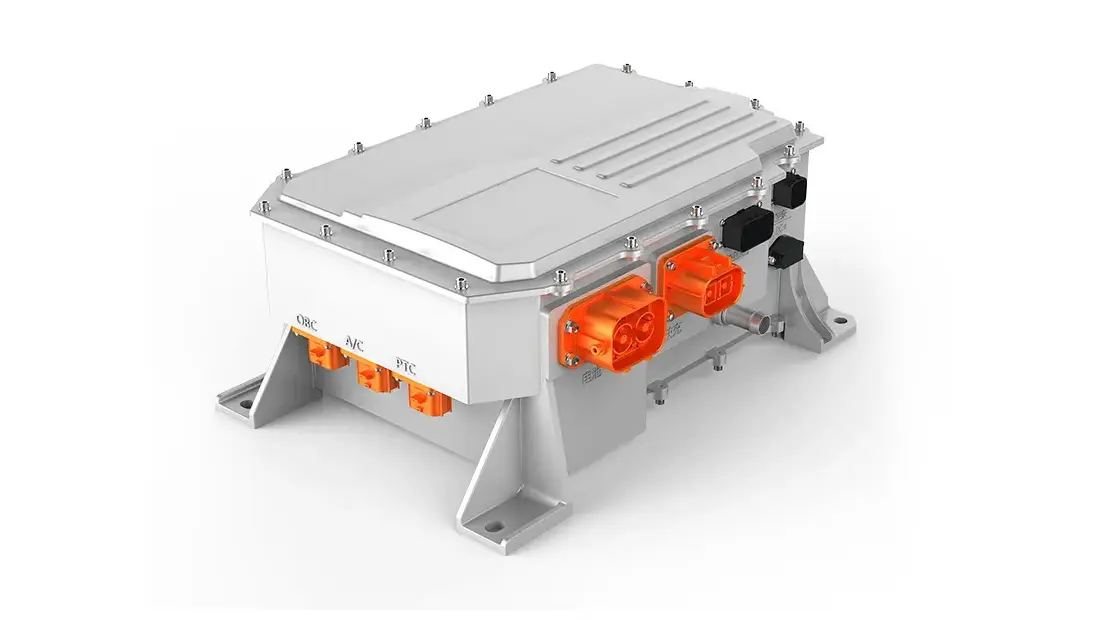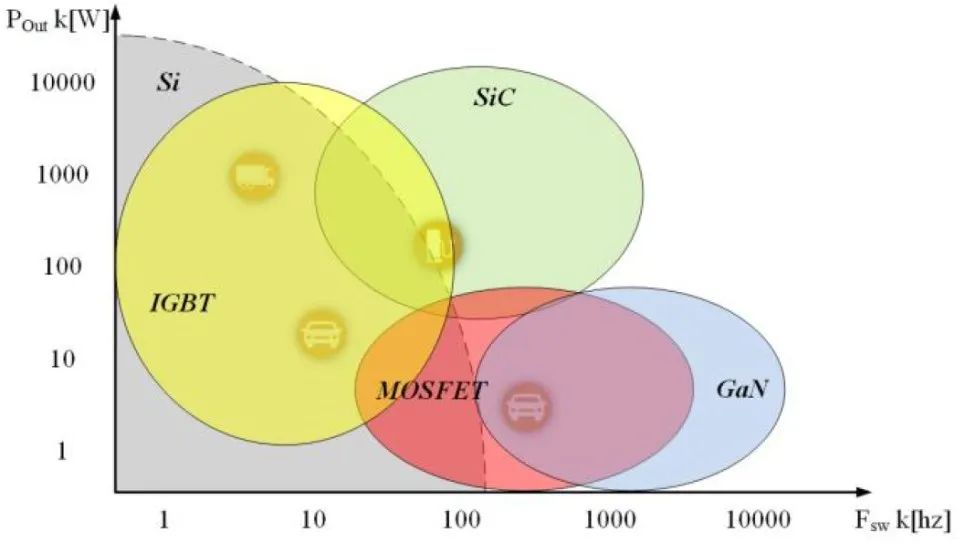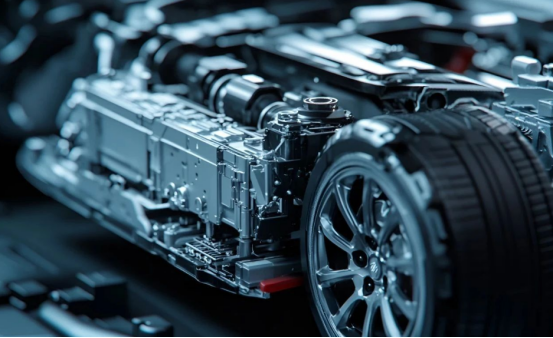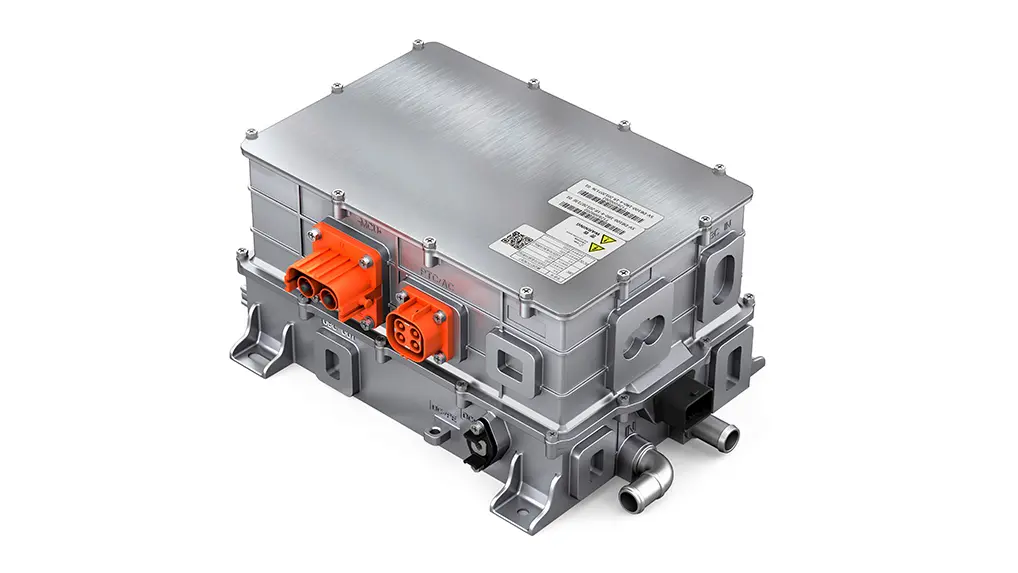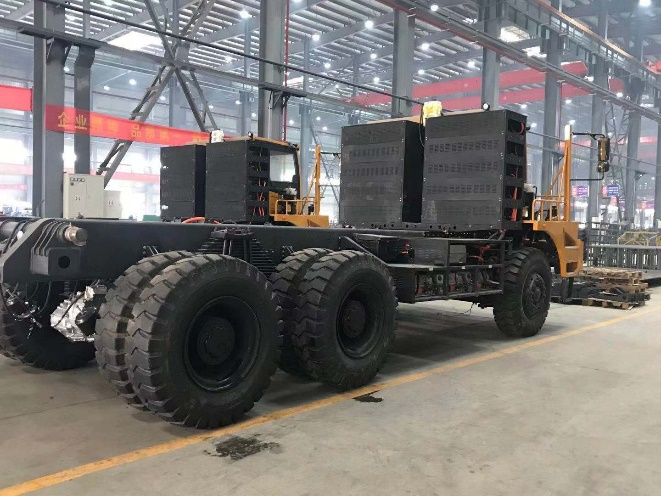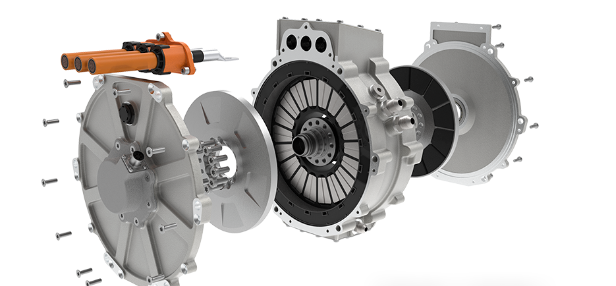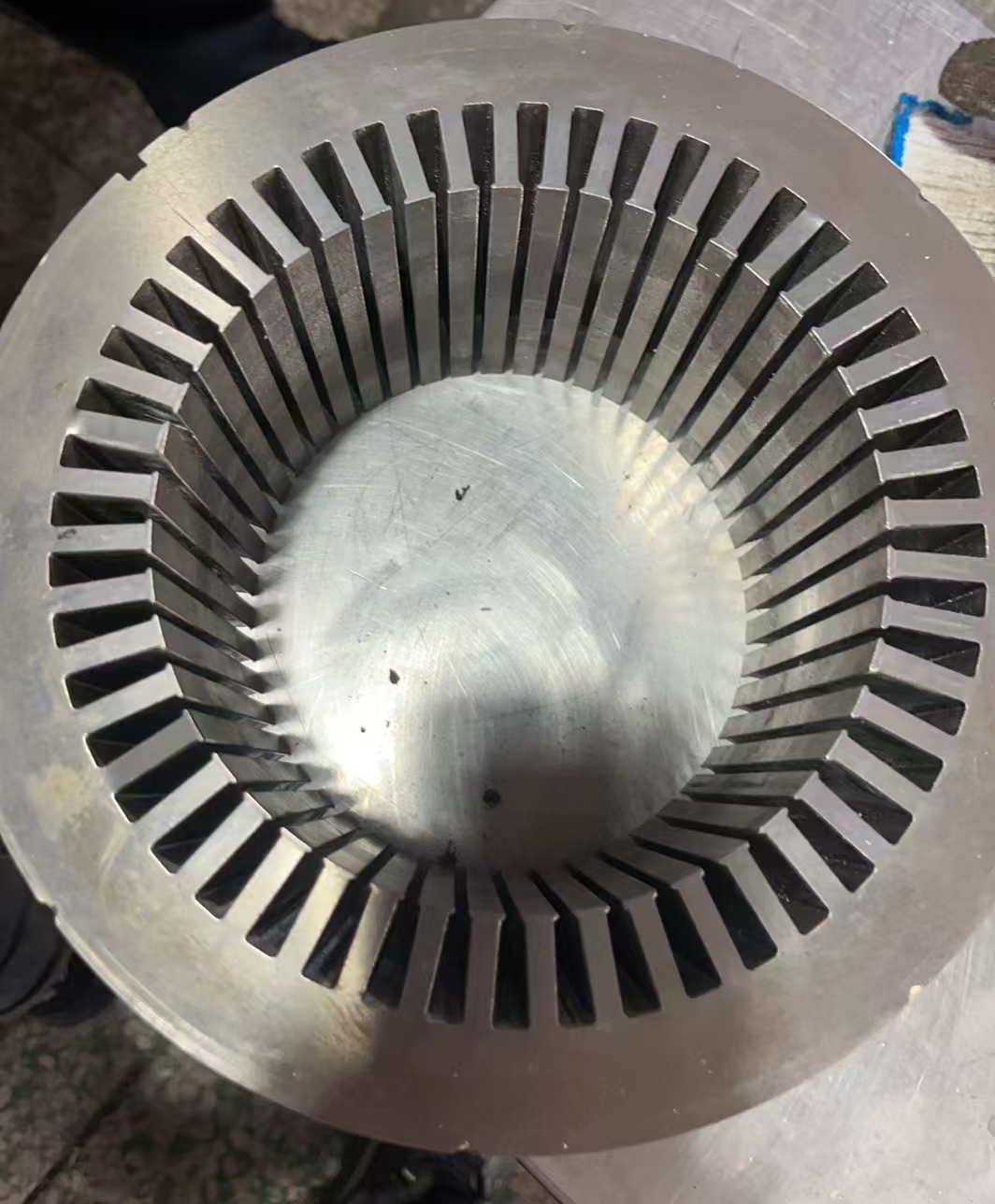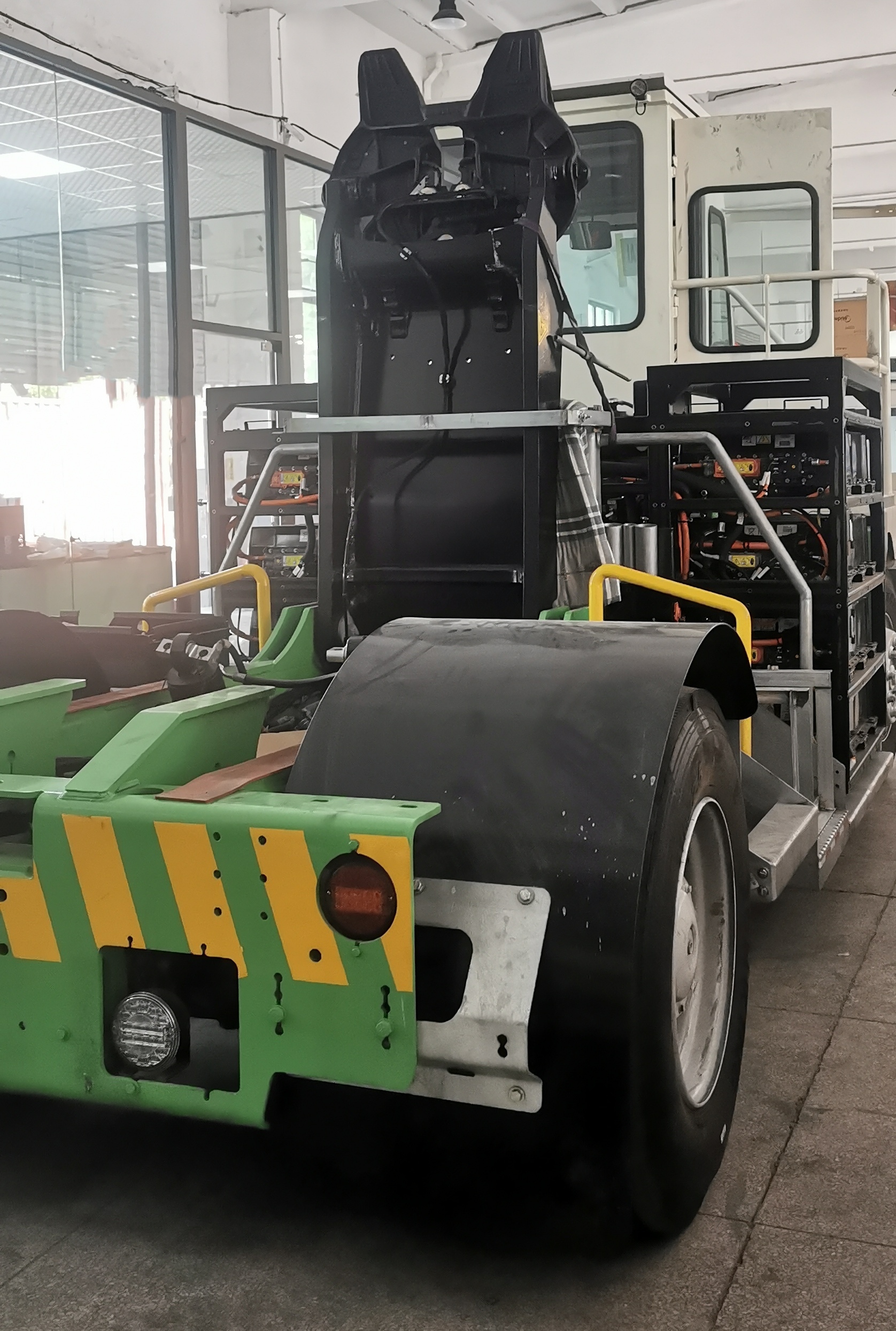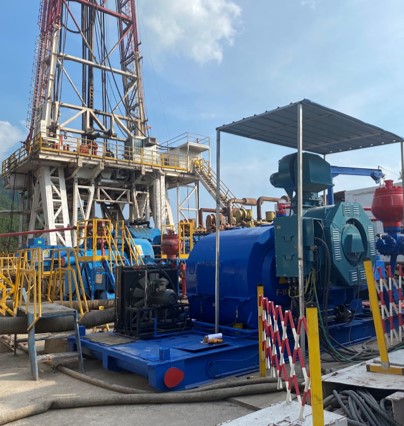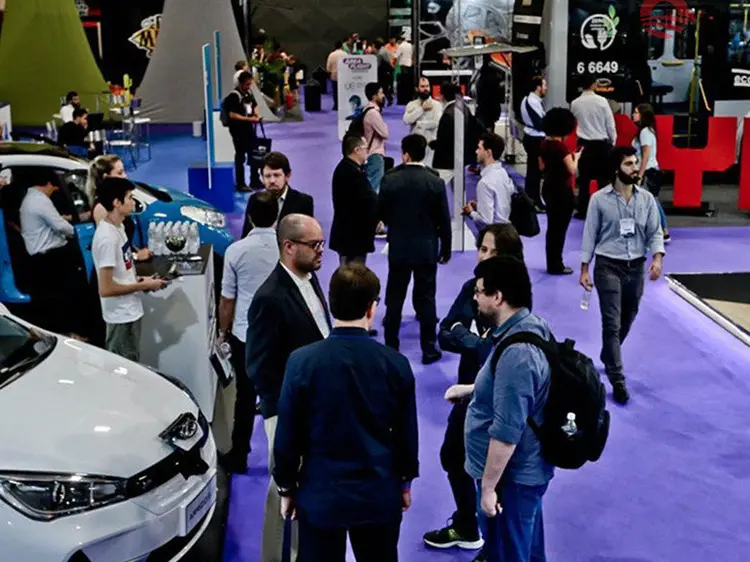Ev inverter & Inverter automotive Solutions for High-Power Electric Vehicles and Boats
While electric mobility is transitioning from compact passenger cars to large-scale commercial fleets and marine vessels, one crucial component stands at the very core of performance and reliability: the Ev inverter. Often overlooked in favor of the battery or motor, the inverter is the true powerhouse that manages energy flow, converts current, and ensures precise control of electric propulsion. Electric truck, bus, sanitation vehicle, and electric boat applications within high-power use now feature advanced inverter automotive solutions that change how energy is delivered, optimizing efficiency and boosting overall durability on the vehicle.
Introduction to Ev inverters in Automotive Applications
The inverter is an essential link between the battery and the electric motor and serves to convert DC power from the battery into AC power that drives the motor. Besides simple conversion, modern inverters serve to tune performance, manage torque, and enable regenerative braking, optimizing energy. In electric vehicles, this means smoother acceleration, improved power output, and better overall driving control.
In commercial and industrial EVs like logistical trucks, sanitation vehicles, and marine vessels, the inverter must be prepared to handle much higher power loads than in consumer vehicles. These systems have demanding applications that require robust, efficient continuous operation inverter designs with high voltage tolerance and exceptional reliability in harsh ambient conditions.
Why High-Power Ev inverters Matter for Commercial Electric Vehicles
While commuter passenger EVs make use of compact inverters for daily commutes, heavy-duty vehicles have high-power inverters capable of dealing with significant torque and sustained energy output. Within these much larger-scale applications, this inverter needs to be able to efficiently manage power conversion while ensuring the safety, thermal stability, and long-term reliability of the system.
For instance, an electric truck or bus requires an inverter that can manage acceleration and braking cycles frequently while sustaining consistency in efficiency. Similarly, repeated start-stop operations with electric sanitation vehicles place demands for an inverter that would not degrade performance under fluctuating loads. In a nutshell, high-power Ev inverters directly determine how effectively energy from the battery will be transformed into motion, influencing both performance and vehicle lifespan.
Core Components: Motor + Controller + Power Supply Integration
Modern inverter technology no longer stands alone. Modern automotive inverter systems closely interact with the motor, controller, and power supply units as one single drivetrain system. This minimizes energy losses, simplifies system architecture, and enhances the overall communication between components.
In a completely integrated drivetrain, the inverter and controller work together to provide highly precise motor control, while voltage management across the system is kept stable by the power supply module. This not only ensures better performance but also enhances fault tolerance and heat dissipation. Commercial and marine EVs benefit from higher reliability, lower weight, and easier maintenance-each a significant contributor to operational cost reduction.
Key Features of Automotive Inverters for Heavy-Duty EVs
The newest generation of automotive inverters features state-of-the-art functionalities targeted at heavy-duty electric vehicle applications. The majority of them now implement high-efficiency silicon carbide and gallium nitride semiconductor technologies to improve their switching performance and reduce thermal losses. In addition, intelligent thermal management systems with a water-cooled design ensure stable operations against extreme load conditions.
Furthermore, smart inverter systems incorporate real-time data monitoring, fault detection, and predictive diagnostics to prevent failures and extend service life. These are particularly critical in applications where uptime is important, such as logistics fleets or municipal transportation networks.
Applications in Electric Logistics Vehicles and Sanitation Trucks
Electrification of logistics and municipal vehicles involves special problems that advanced inverter systems will solve. Electric delivery trucks and sanitation vehicles, for example, require sustained torque, effective regenerative braking, and adaptability to frequent charging cycles.
It can be expected that an Ev inverter specifically engineered for these use cases will optimize energy flow during stop-and-go driving to minimize waste and extend range. For day-in and day-out-operation sanitation trucks under heavy loads, reliability and ease of maintenance are paramount. Integrated inverter systems simplify vehicle design by reducing wiring complexity, thus giving stable performance under repetitive high-torque conditions.
Supporting Electric Buses and Heavy Trucks with Reliable Inverter Technology
Electric buses and heavy trucks employed in public transport and long-distance hauling rely on inverter technology that strikes a fine balance between high power output and energy efficiency. Such vehicles usually run for extended hours, therefore, requiring inverters capable of delivering continuous current and surviving at high operating temperatures.
Advanced automotive solutions, including inverter-based solutions for buses and trucks, offer modular cooling, redundant safety, and compatibility with fast-charging infrastructure. This makes the drivetrain system not only more operationally efficient but also cost-effective on energy per kilometer. With an optimized inverter, electric buses have smoother acceleration, regenerative braking, and quieter operation that improves both passenger comfort and fleet performance.
Electric Boats: Specialised Inverter Requirements
The marine environment also poses special demands on the design of the inverter. Electric boats utilize waterproofed, corrosion-resistant, and vibration-tolerant inverter systems that can handle long periods of operation at high torque. Many of these commonly include liquid-cooling mechanisms for maintaining optimal performance over long voyages. In a marine propulsion system, the inverter allows for efficient energy transfer between the onboard battery and the motor, while supporting other auxiliary systems such as navigation and onboard electronics. The precision control afforded by marine-grade inverters enhances maneuverability, energy efficiency, and system safety, making them indispensable parts of next-generation electric boats and ferries.
Advantages of Choosing an Integrated Motor + Controller + Power Supply
System Choosing an integrated motor, controller, and power supply inverter solution offers a number of key advantages for both land and marine EVs. This integration reduces mechanical complexity, improves efficiency in energy utilization, and minimizes installation space. With components designed to work in harmony, power delivery becomes more stable, leading to smooth operation and extending component life. Moreover, integrated systems allow better thermal management and facilitate simplified diagnostics. This will translate into lower maintenance costs for fleet operators and manufacturers, better scalability, and quicker deployments across vehicle platforms. Be it electric trucks, sanitation vehicles, or electric boats, an integrated inverter-driven drivetrain ensures optimum performance and long-term value.
Conclusion: Empowering the Future of High-Power Electric
Vehicles with Advanced Ev inverters The future of electric mobility relies on so much more than just the batteries themselves; it depends on intelligent power management enabled by advanced Ev inverter technology. As electrification of high-power applications including but not limited to trucks, buses, and boats continues, demand for efficient, reliable, and integrated inverter automotive solutions will grow. By integrating the motor, controller, and power supply into a single, well-engineered system, manufacturers ensure superior performance, longer lifespan, and increased efficiency over a wide range of operating conditions. Advanced Ev inverter systems drive the next generation of electric transportation, from urban logistics fleets to marine vessels, bringing not just power but precision, reliability, and sustainability to take on the road and sea.









